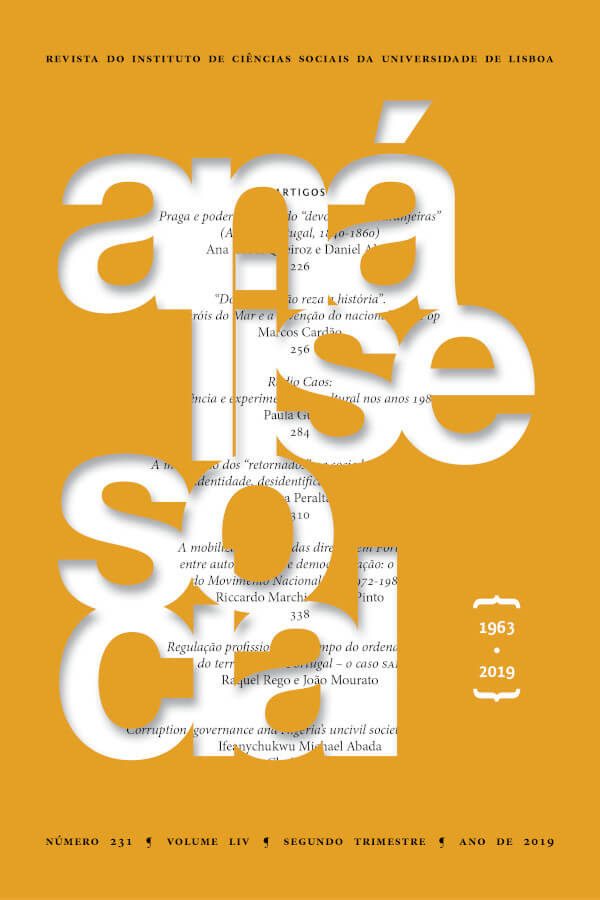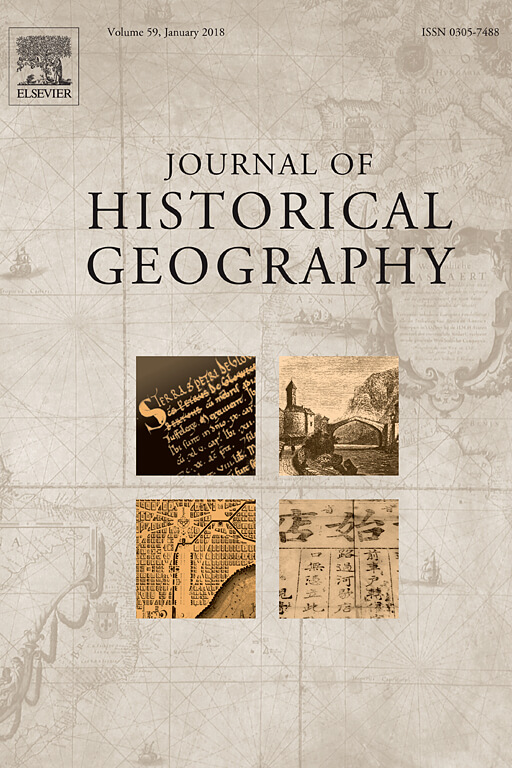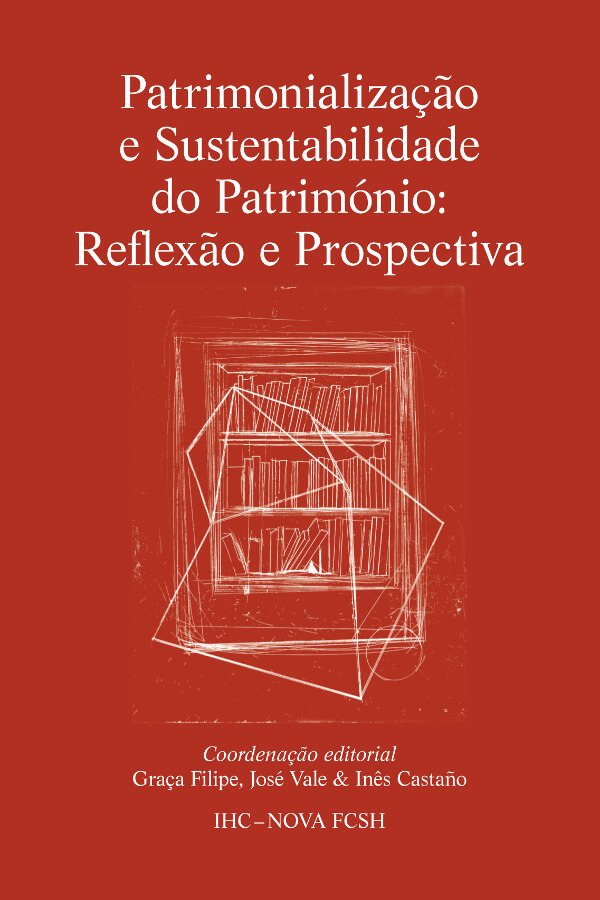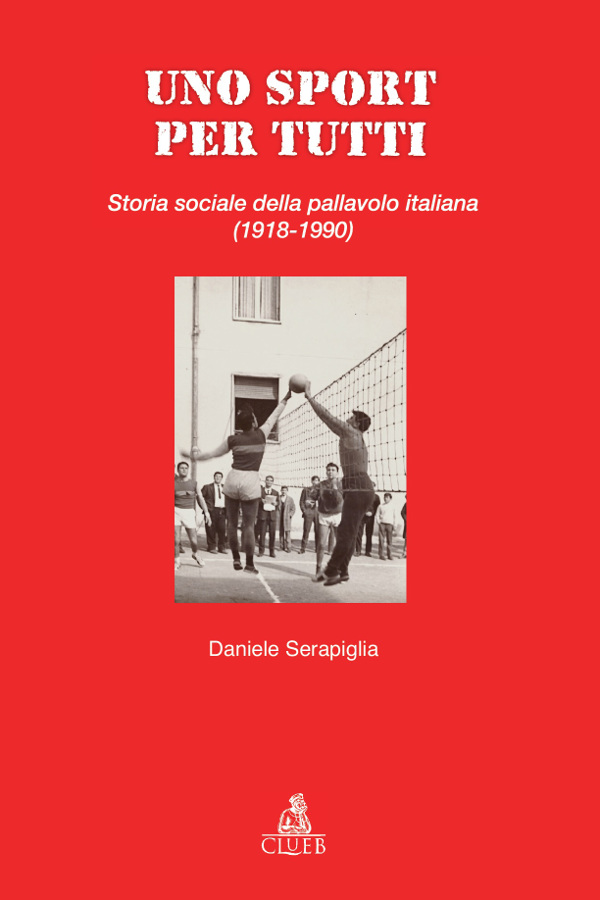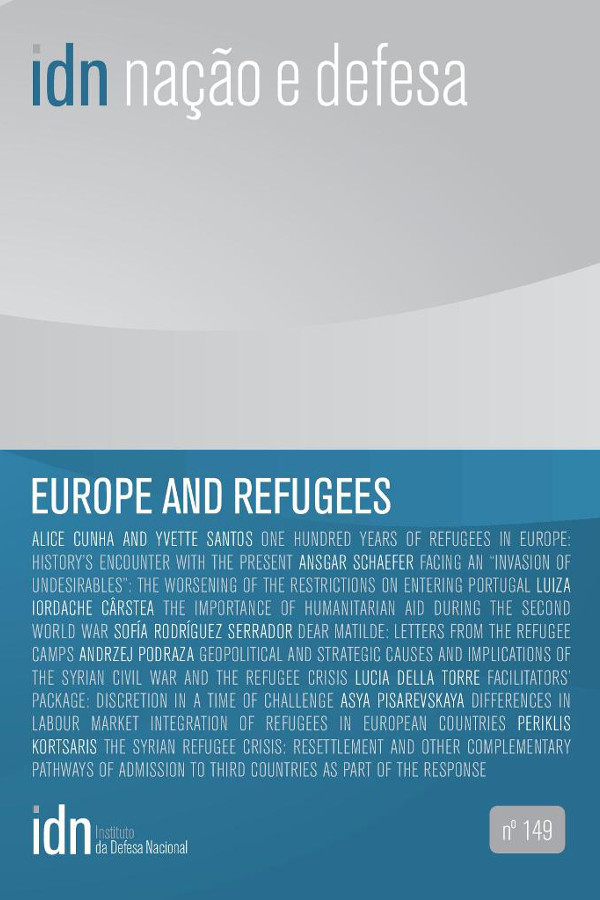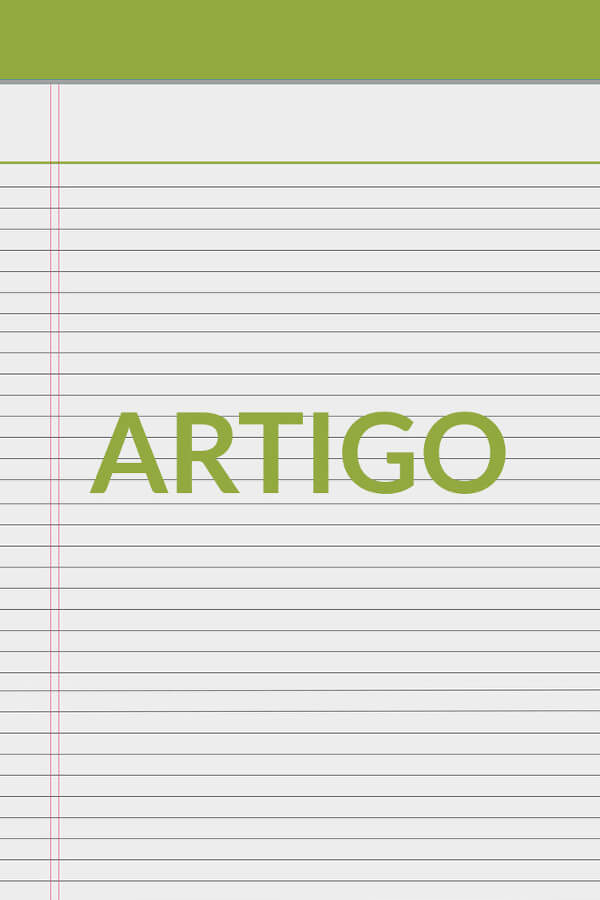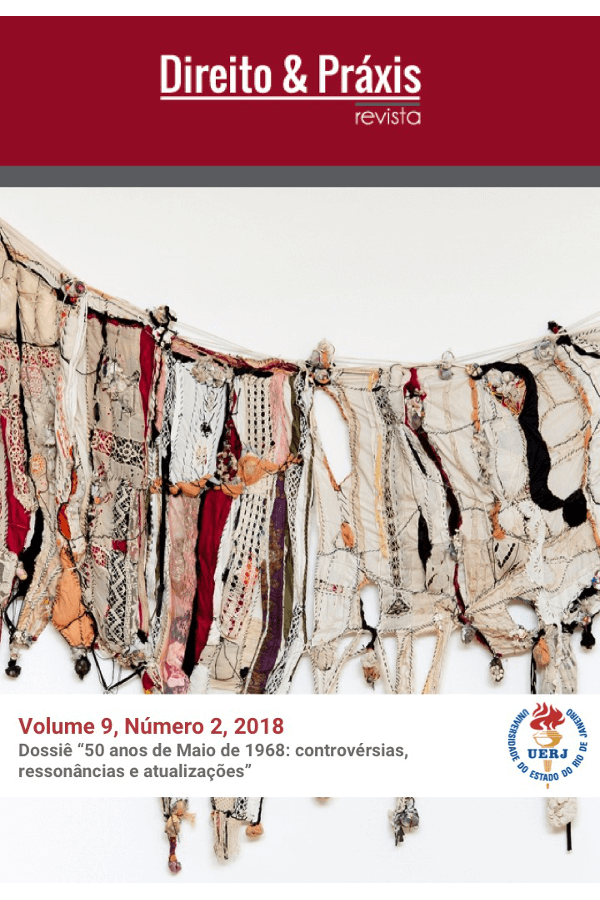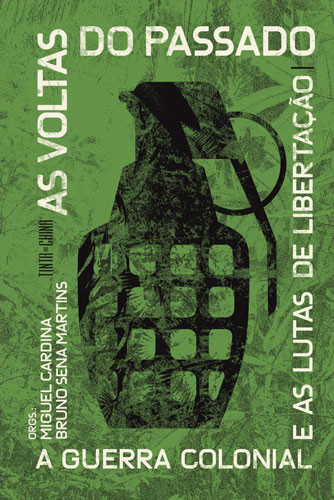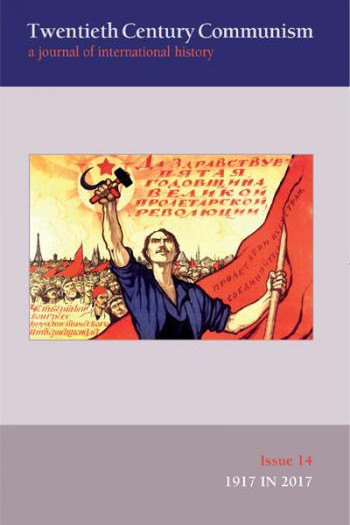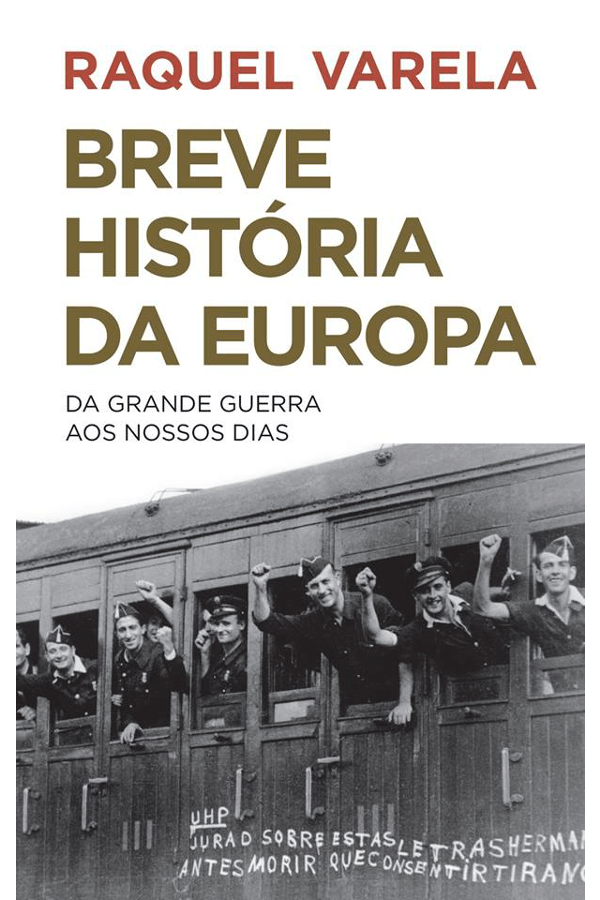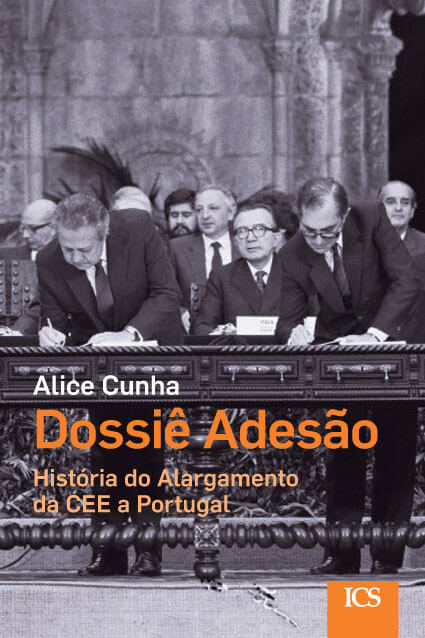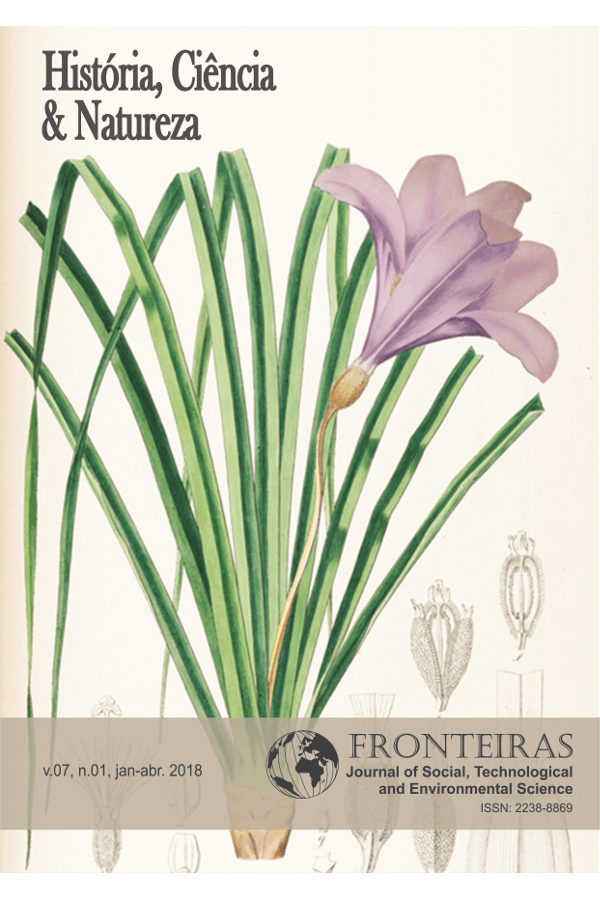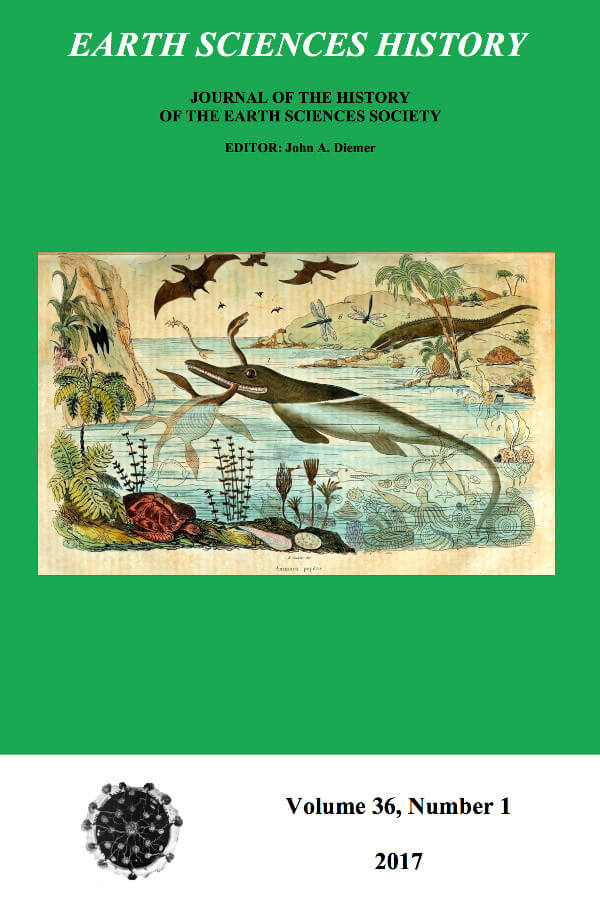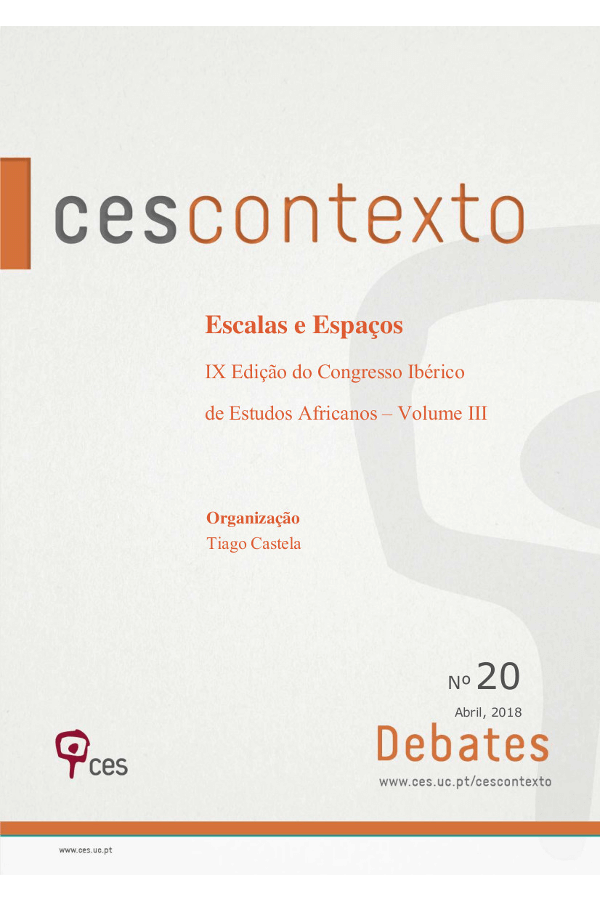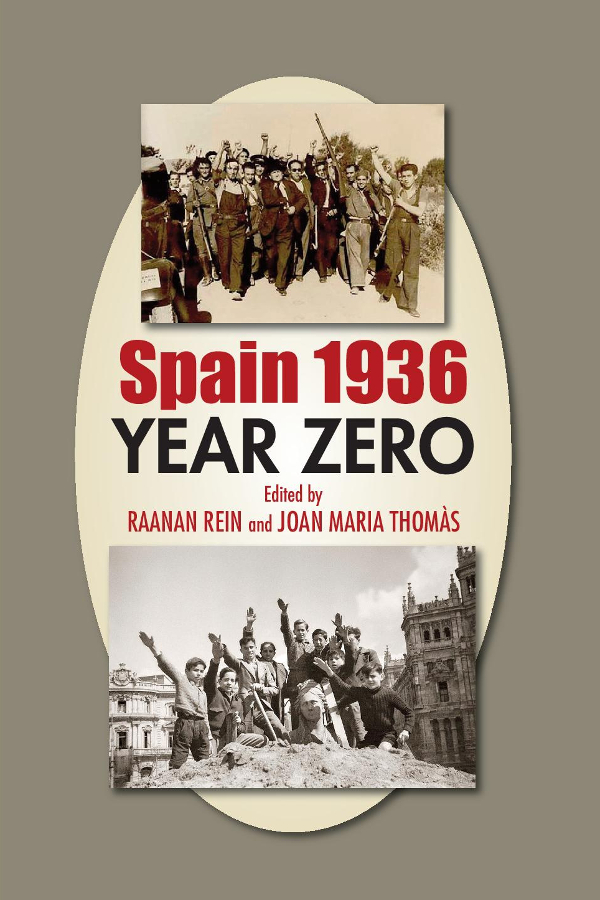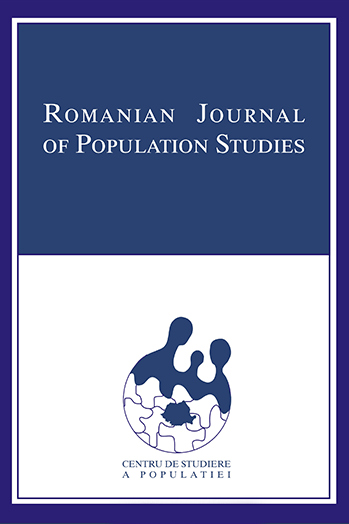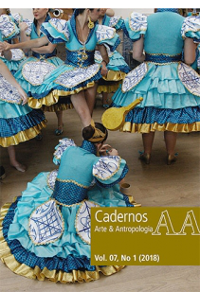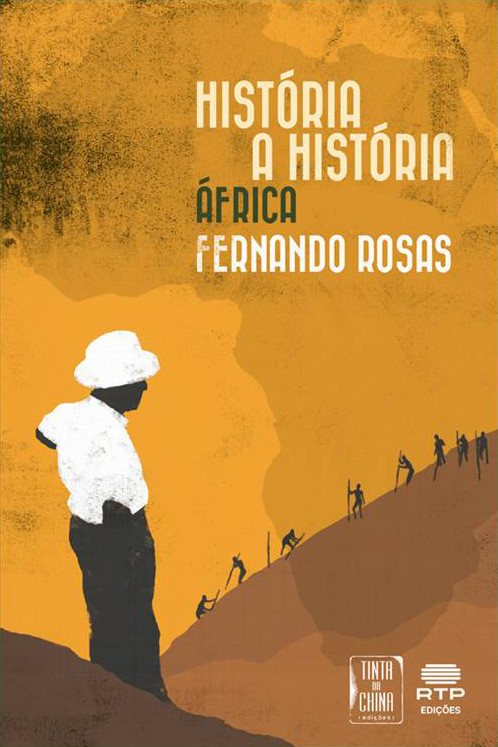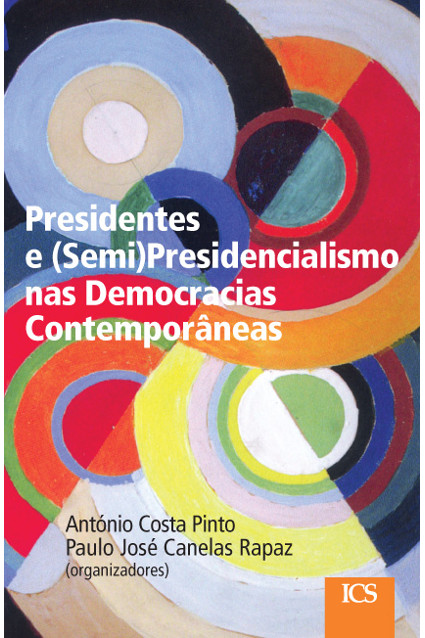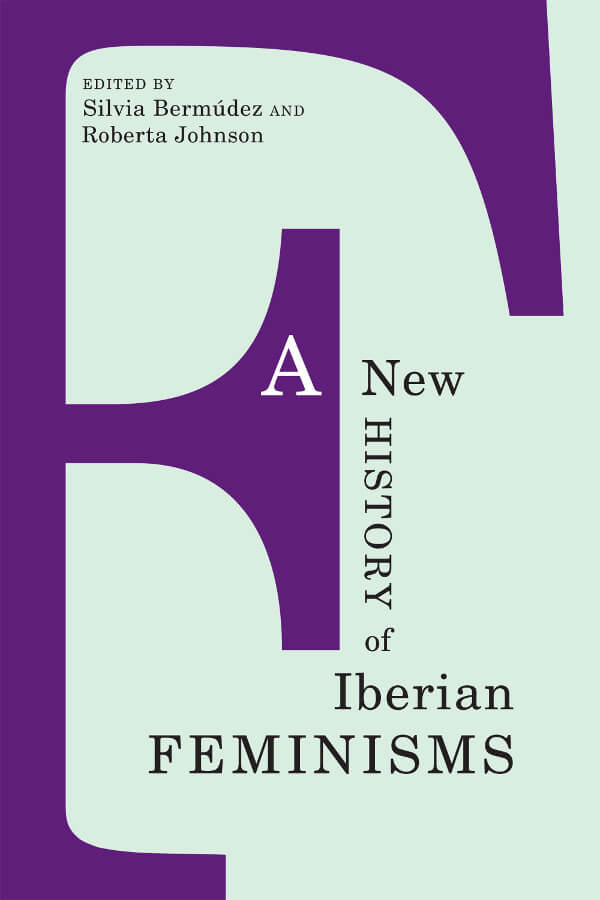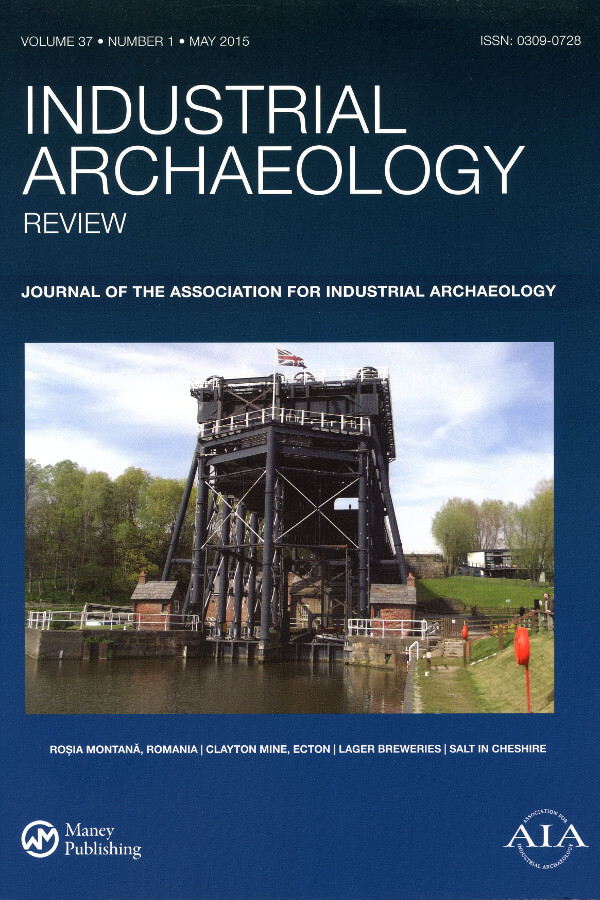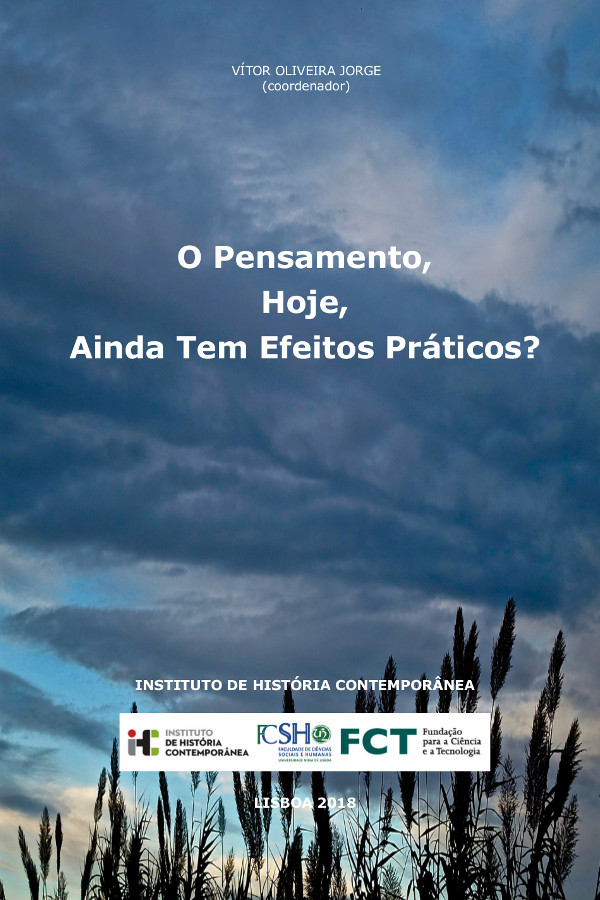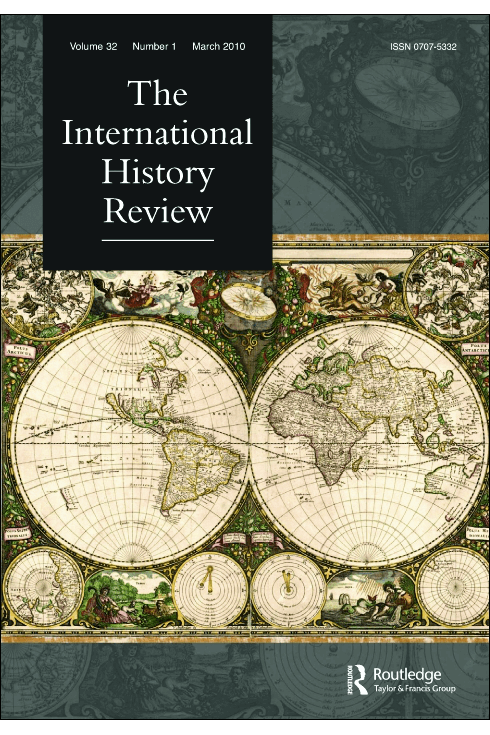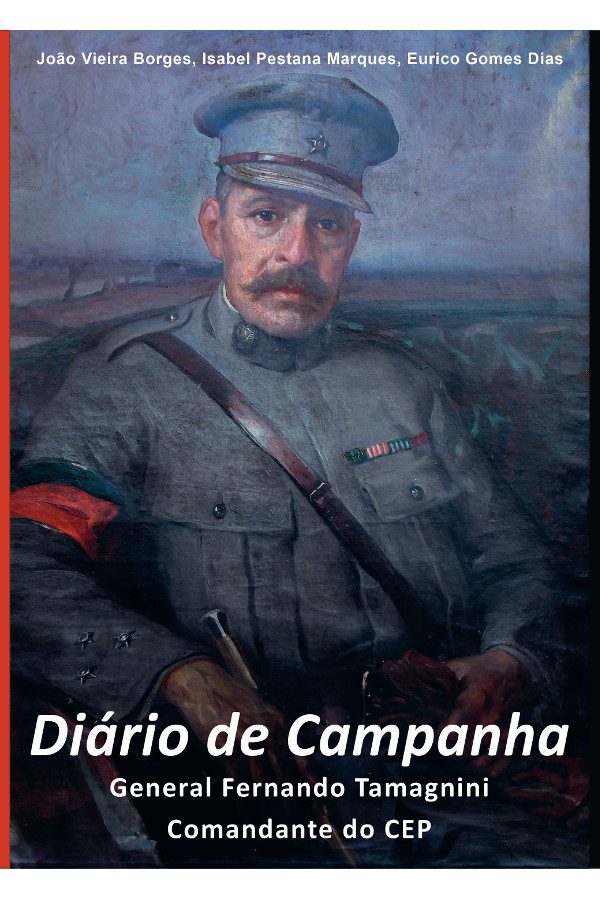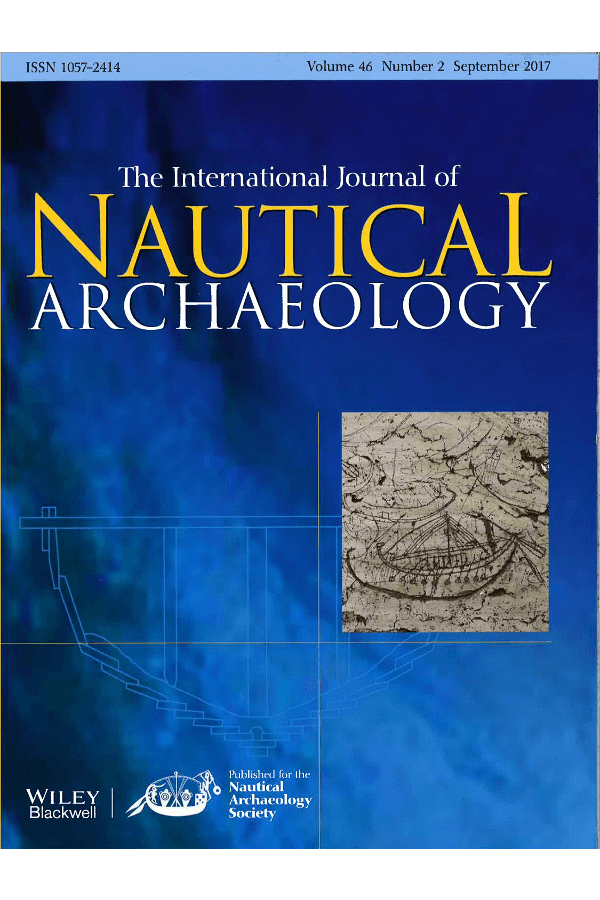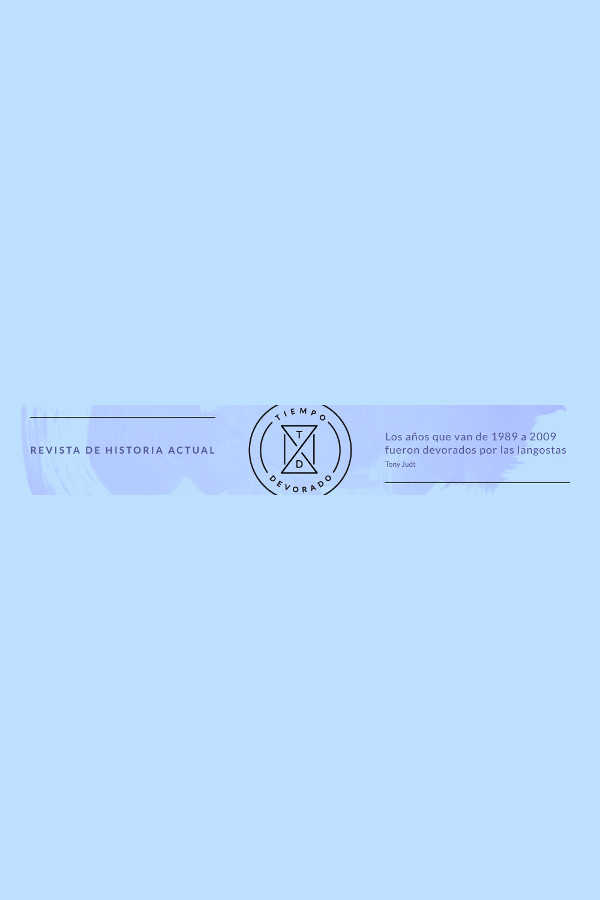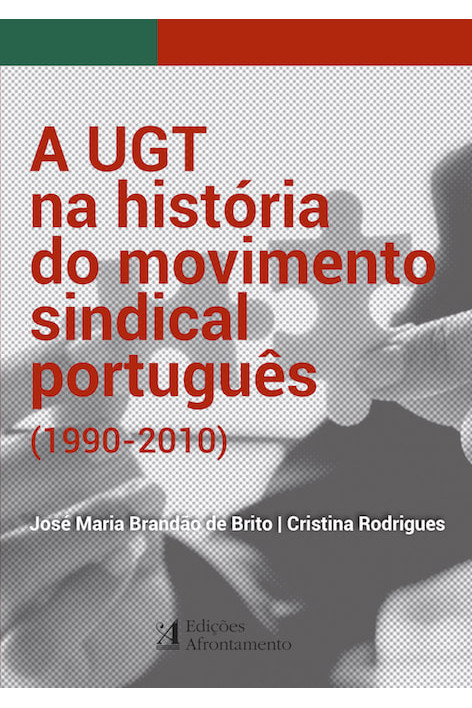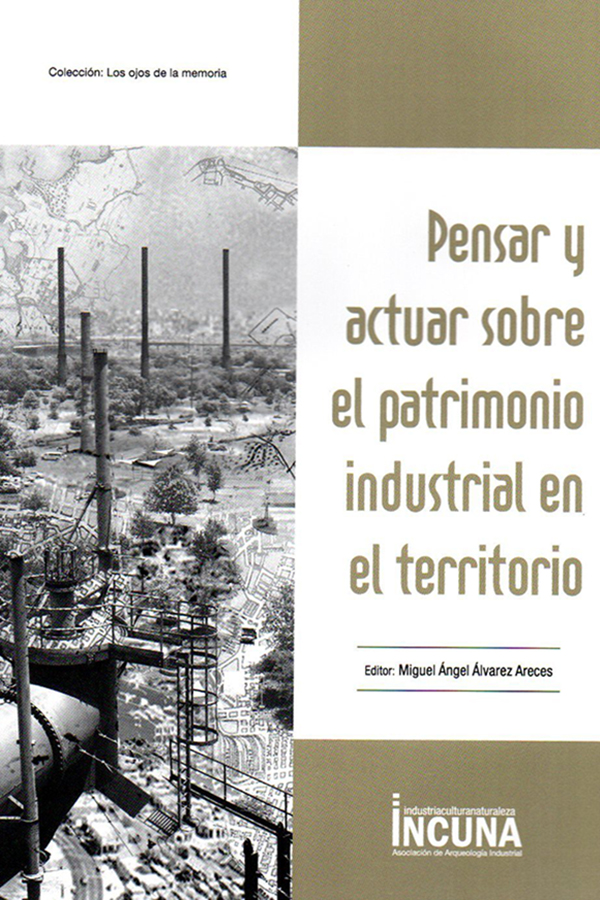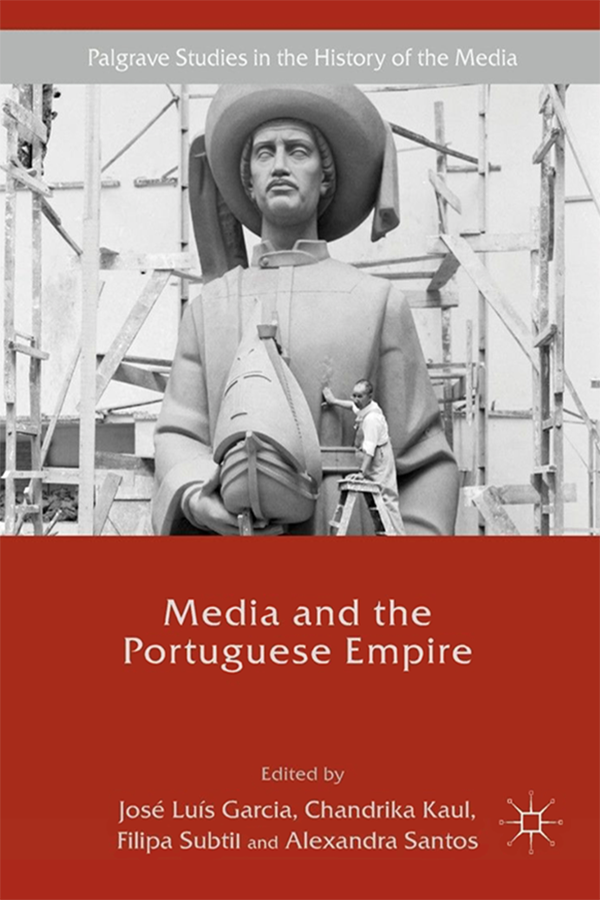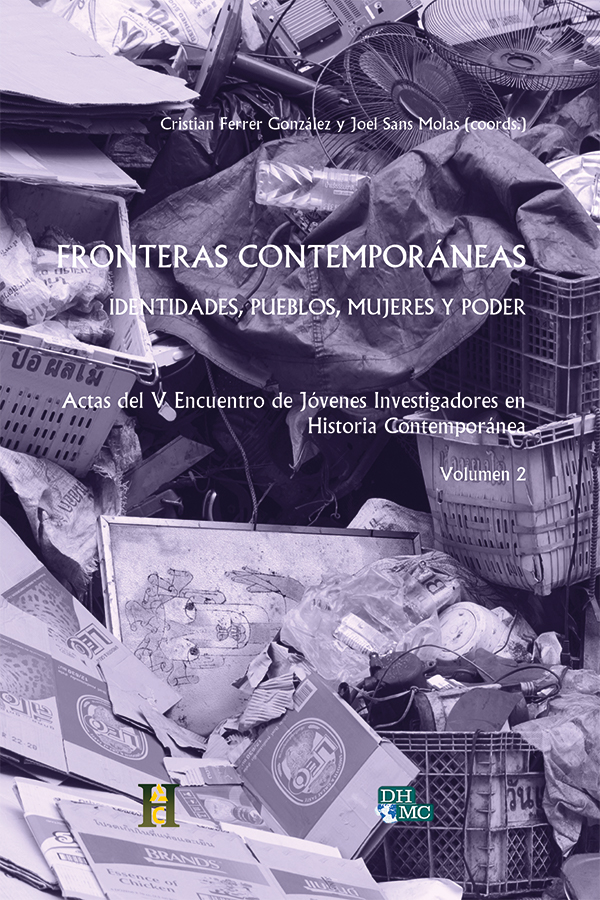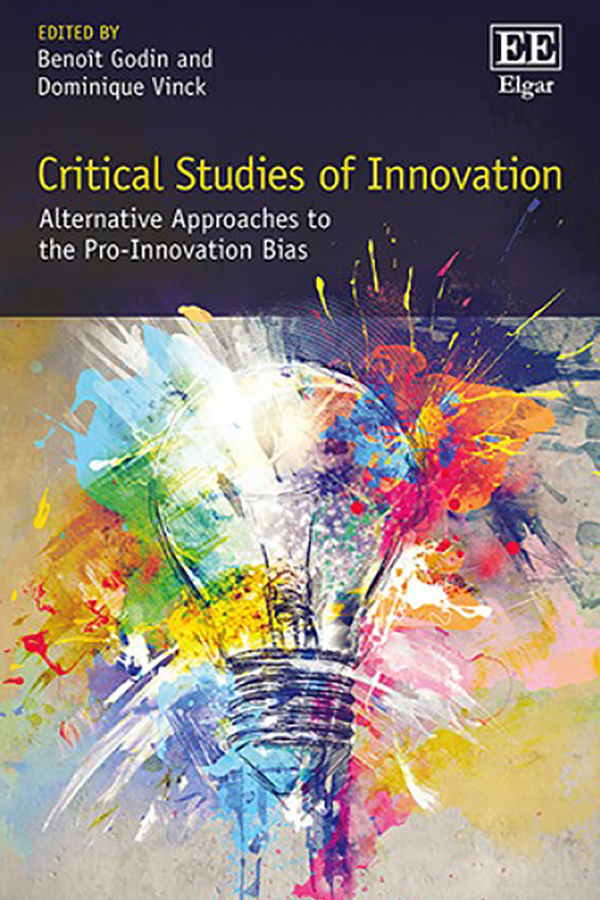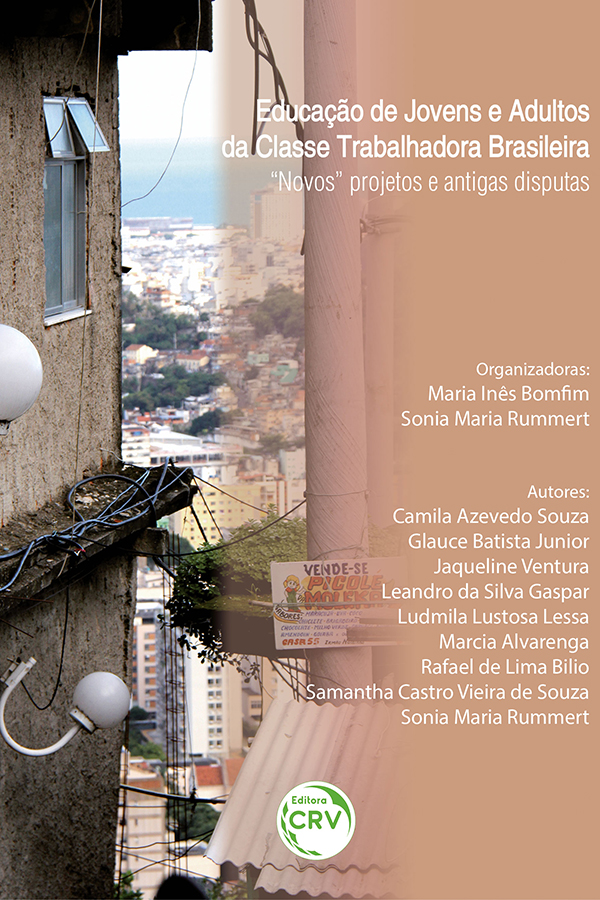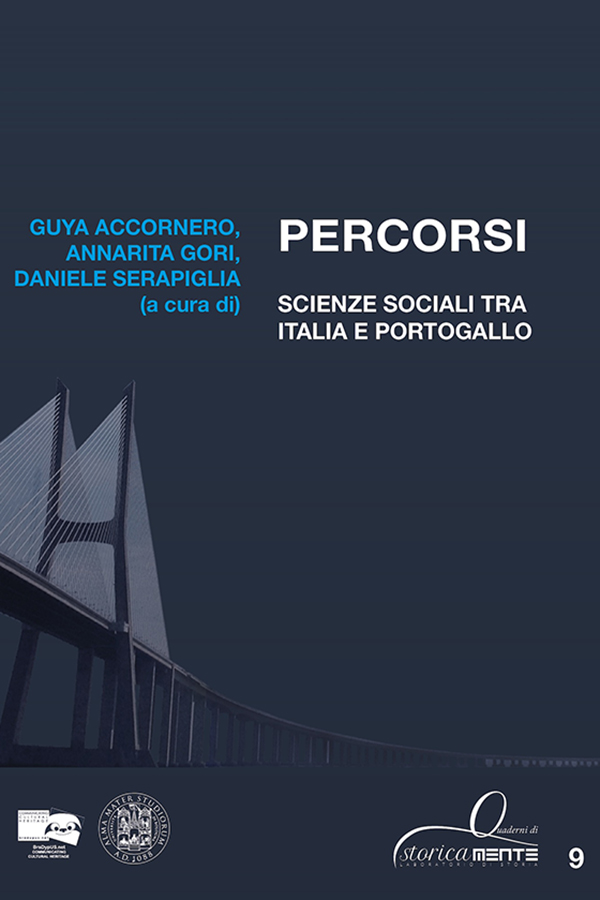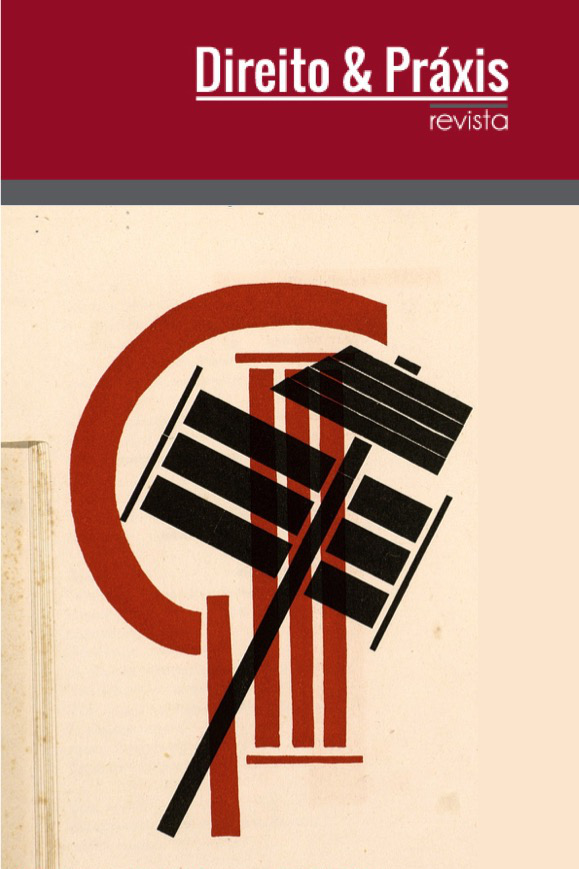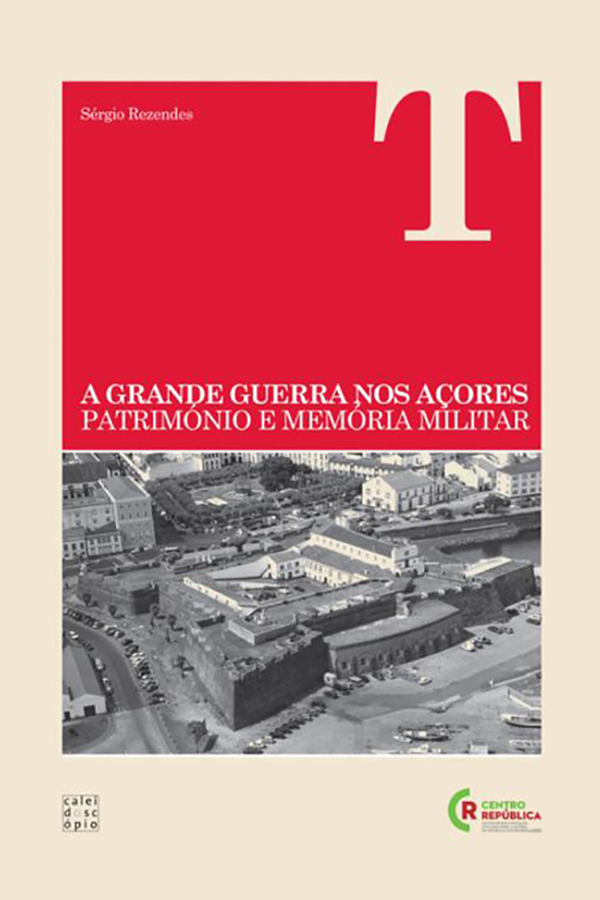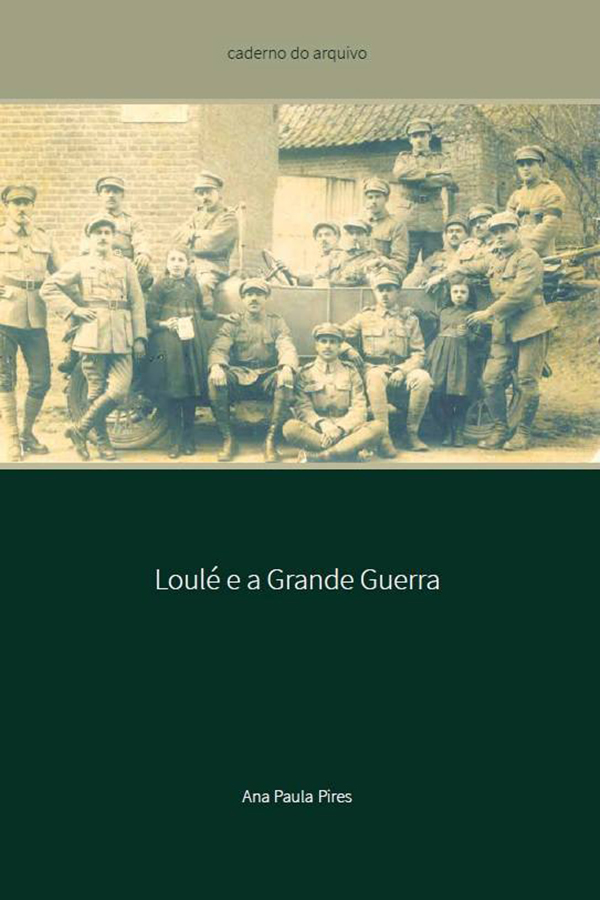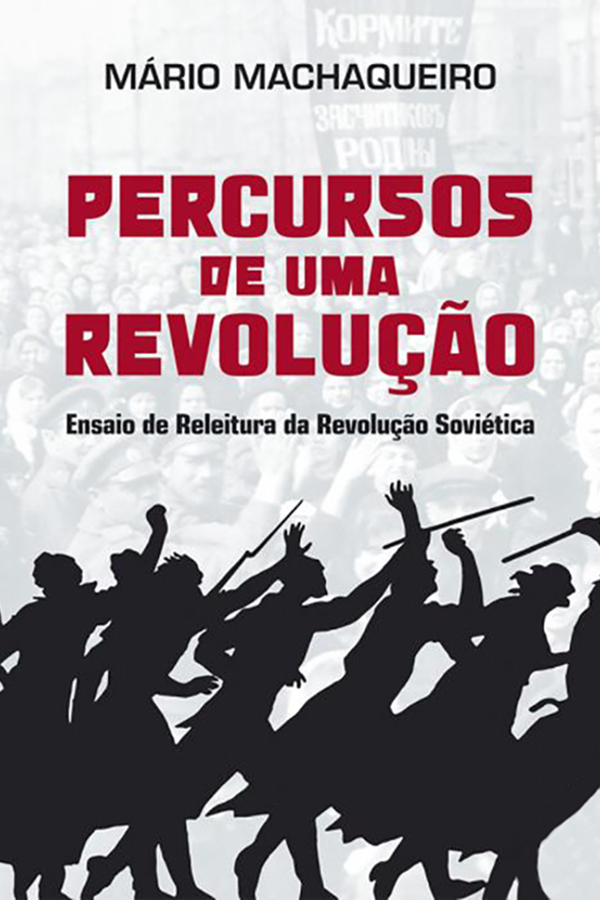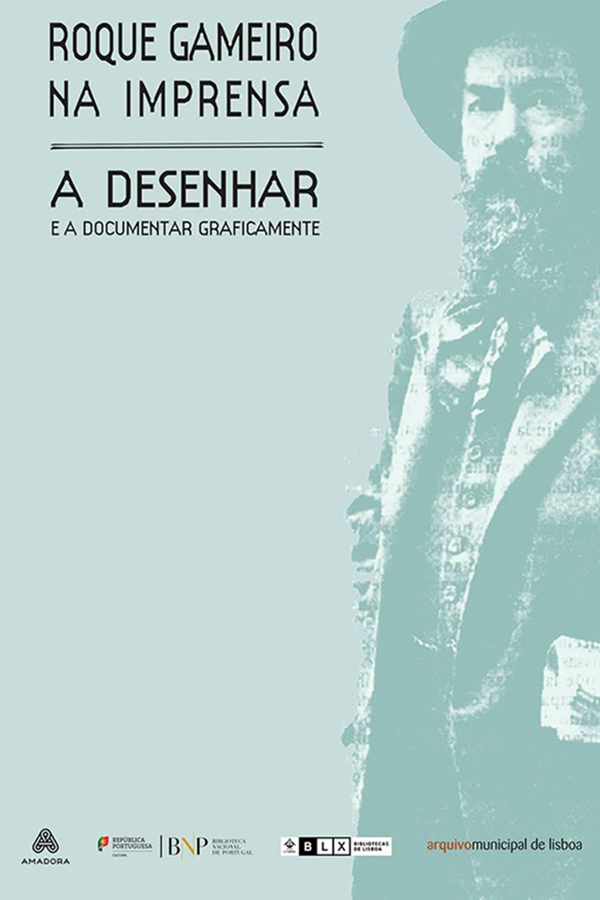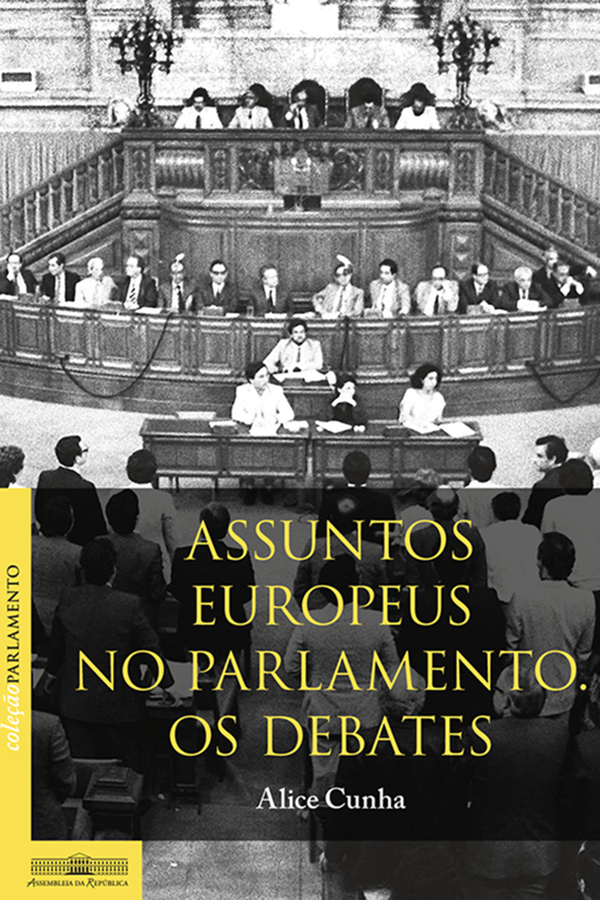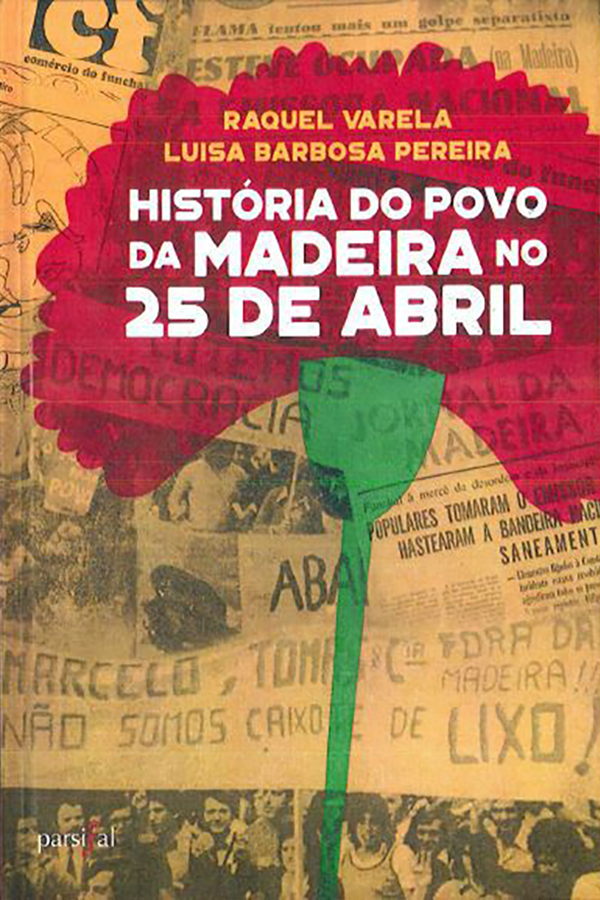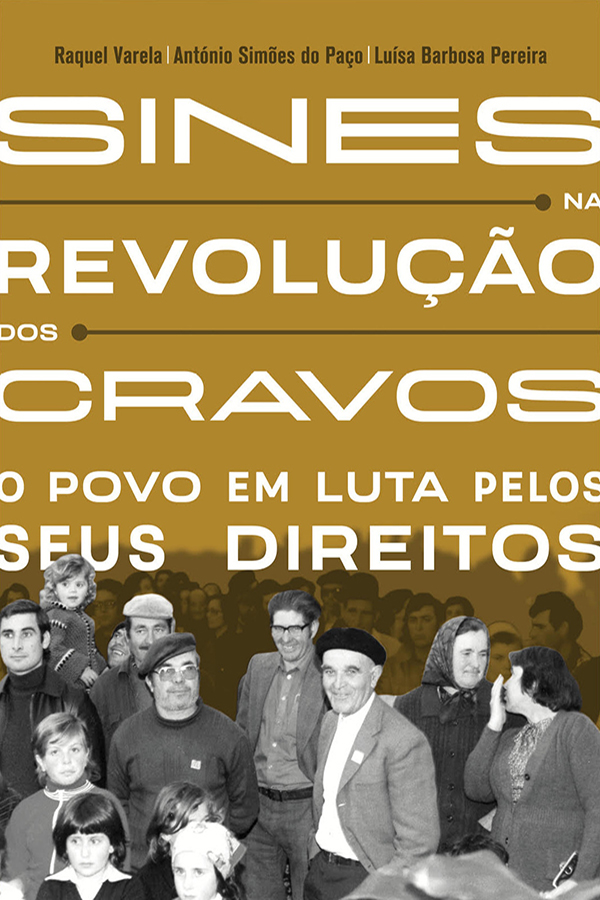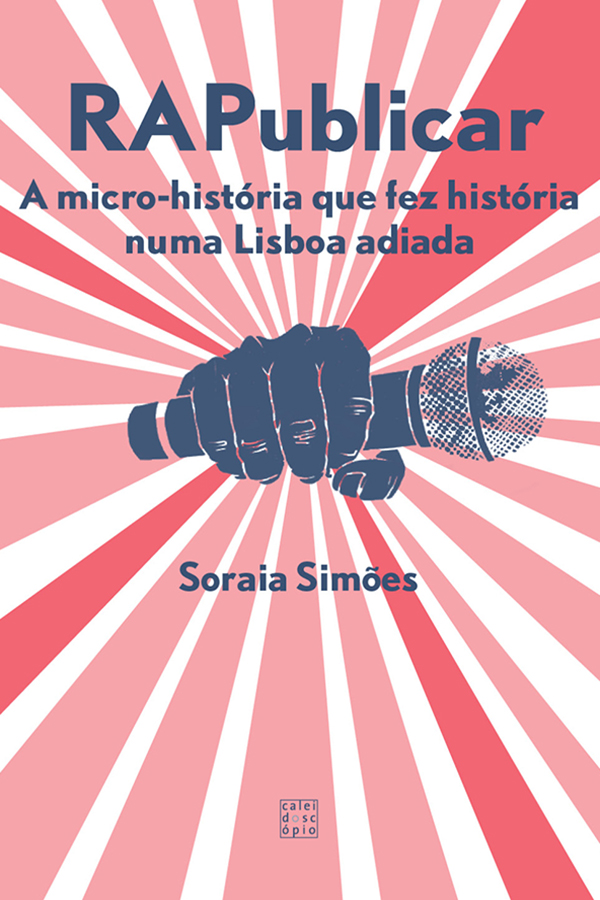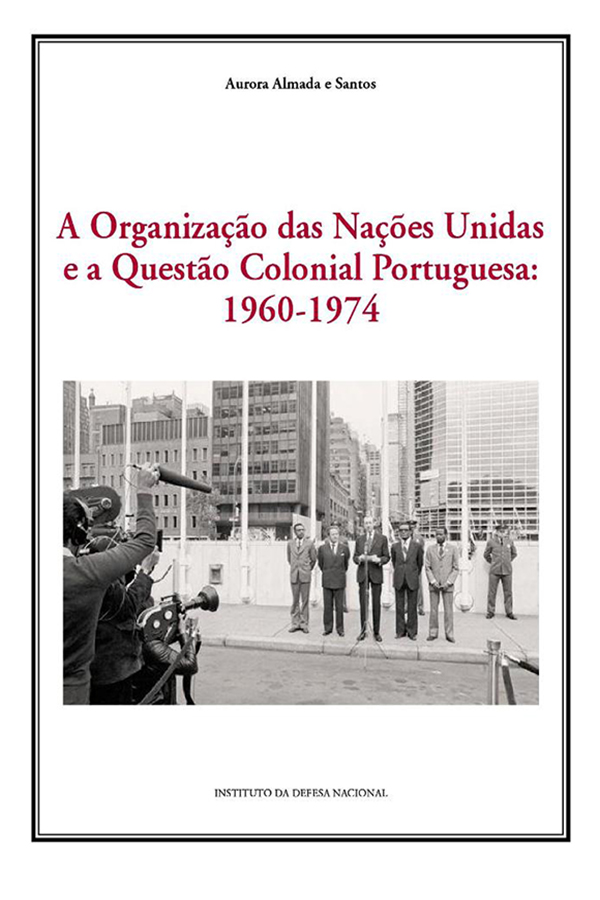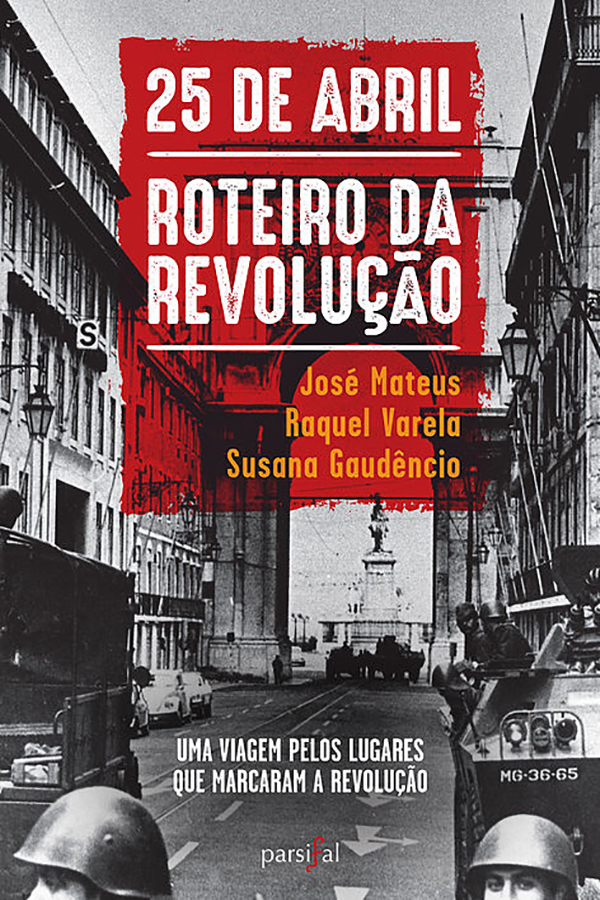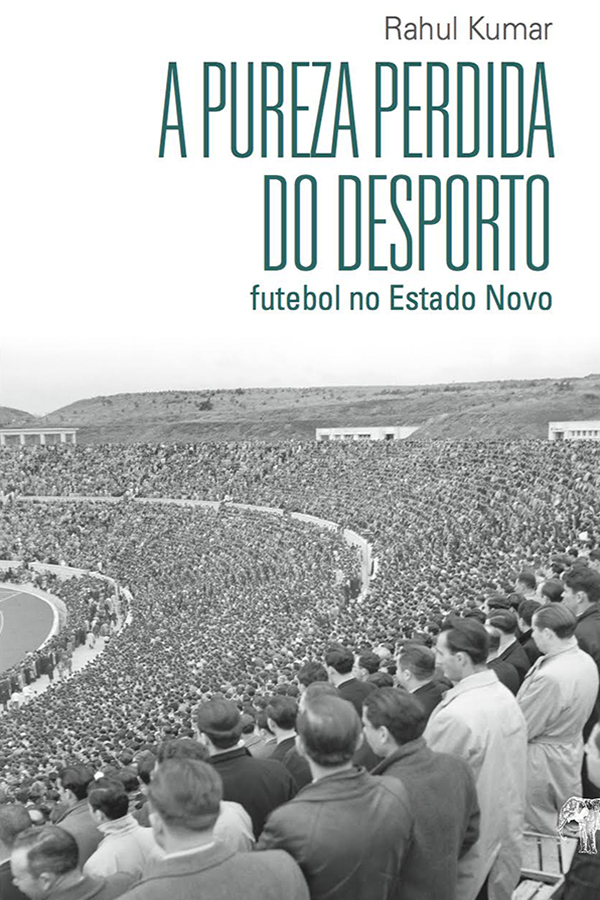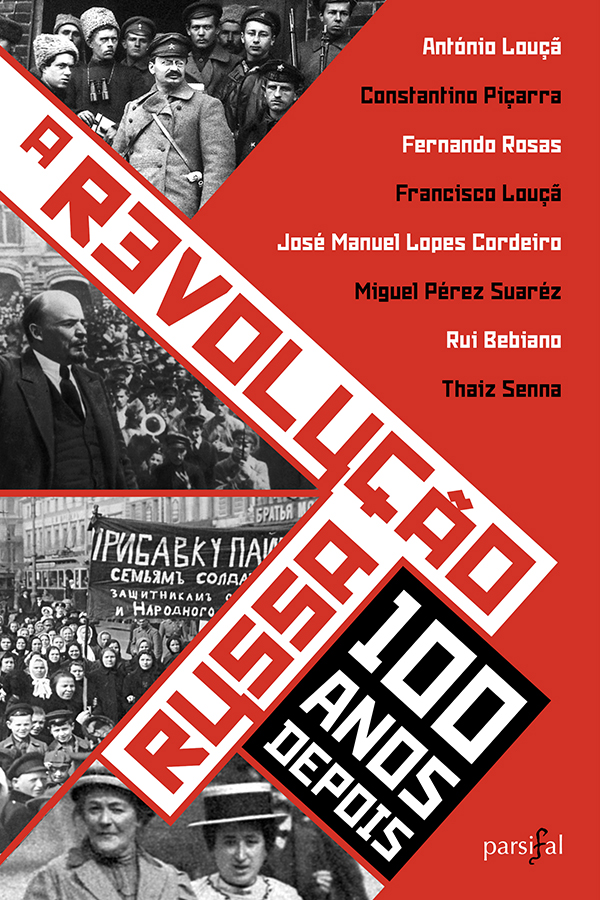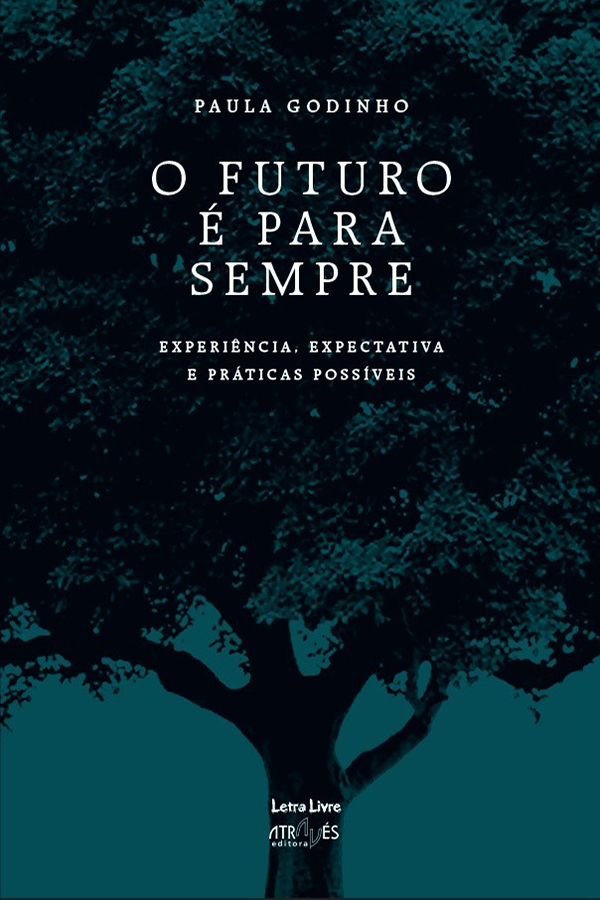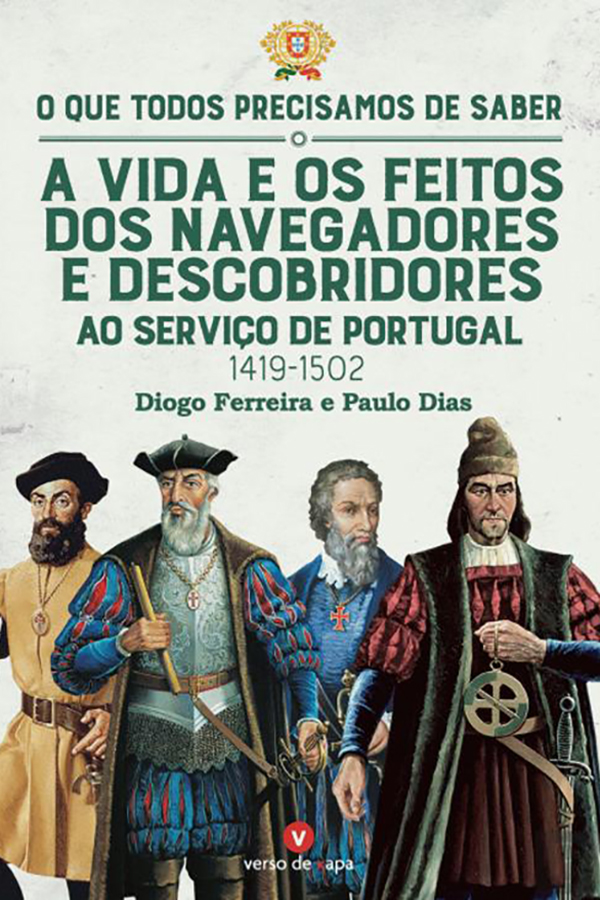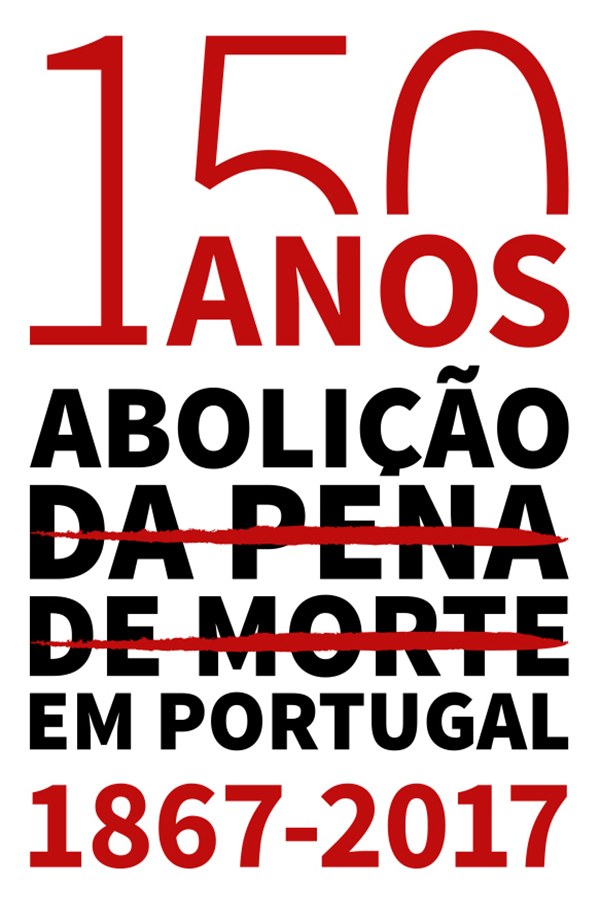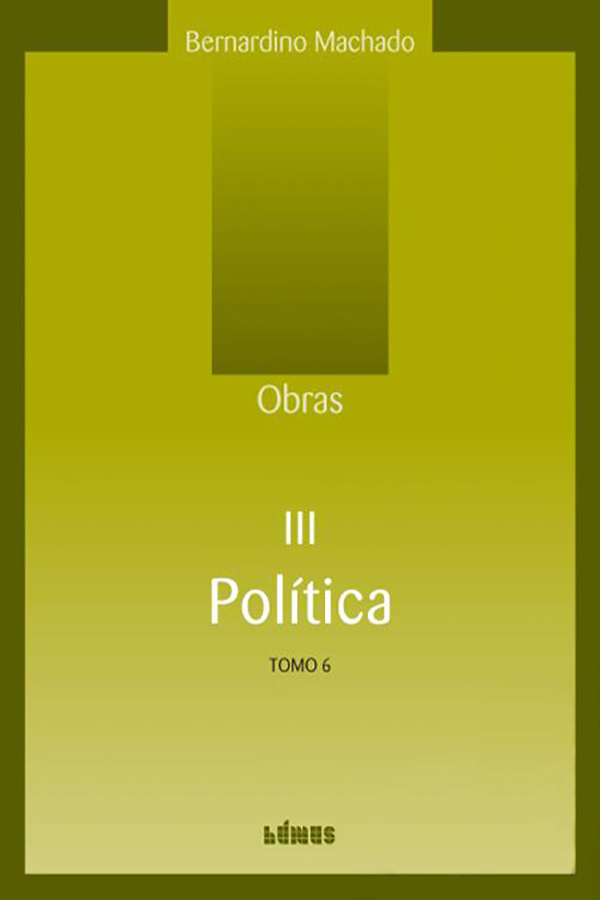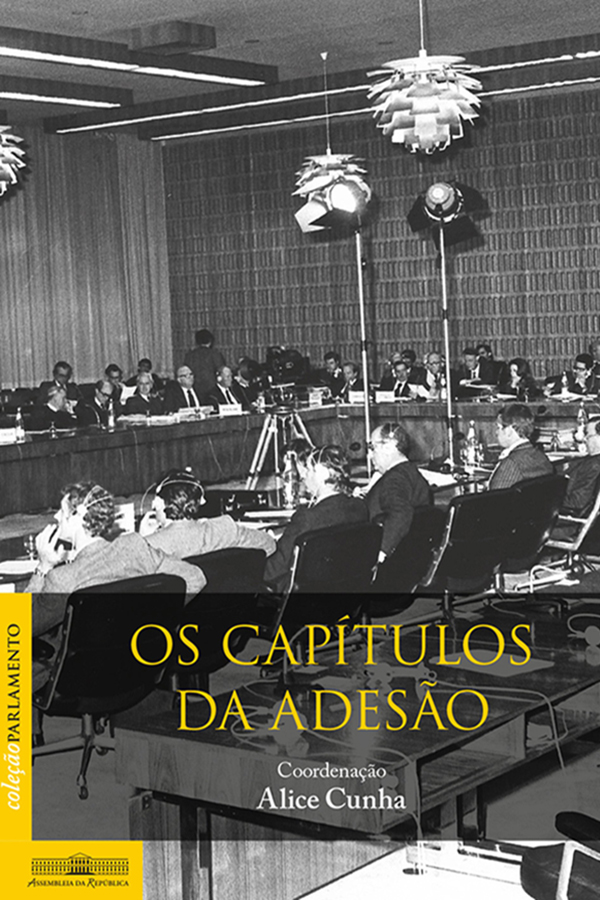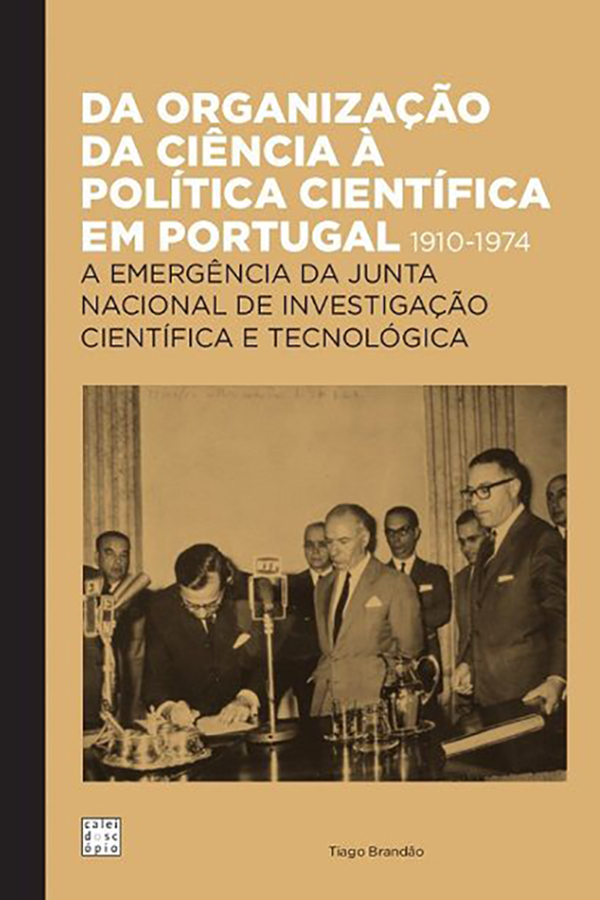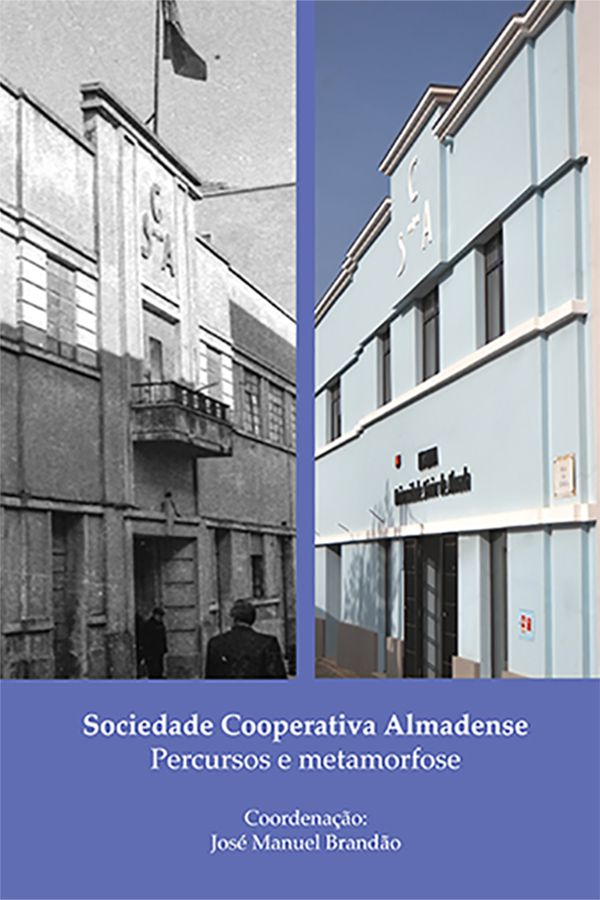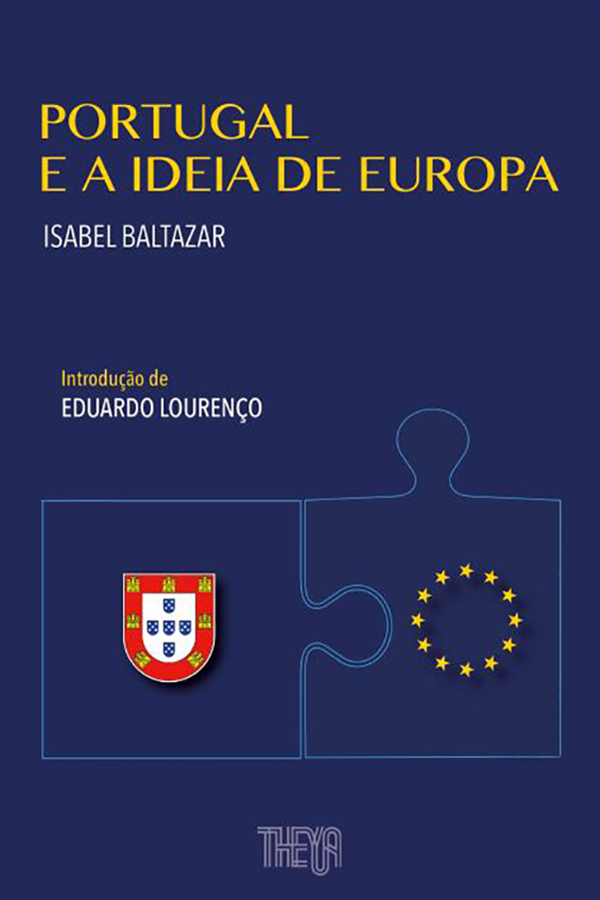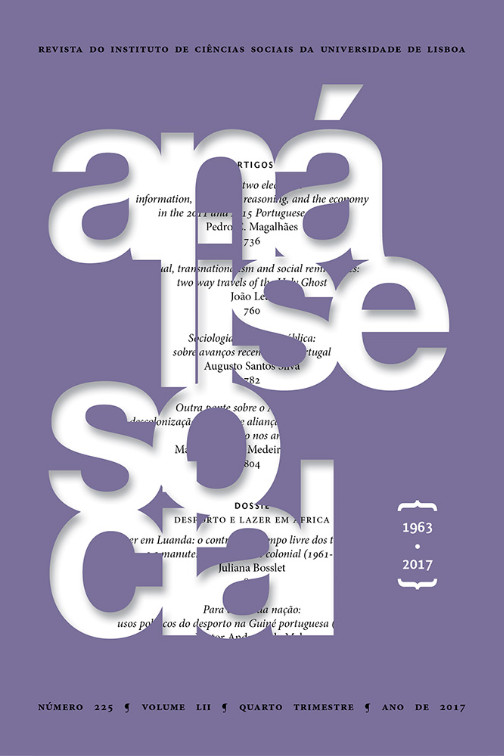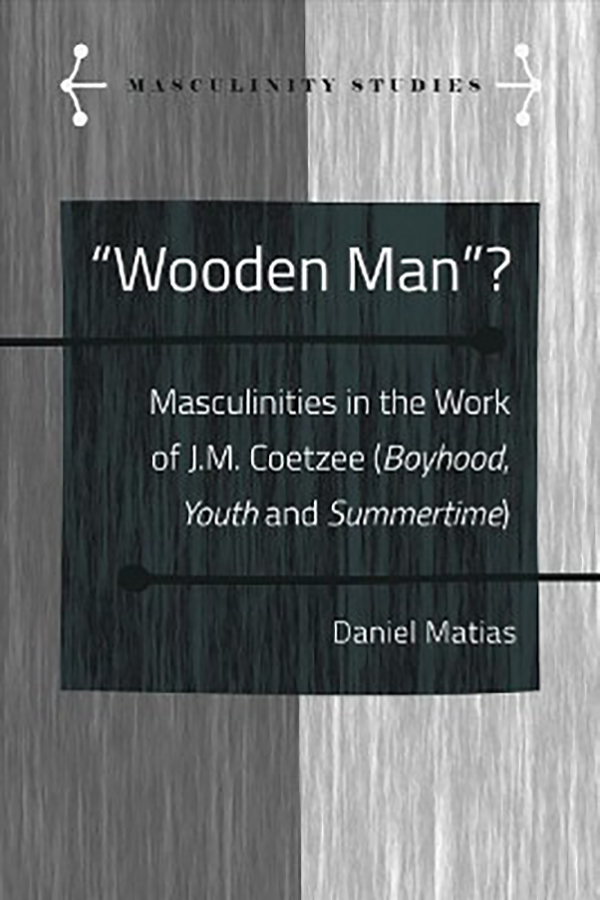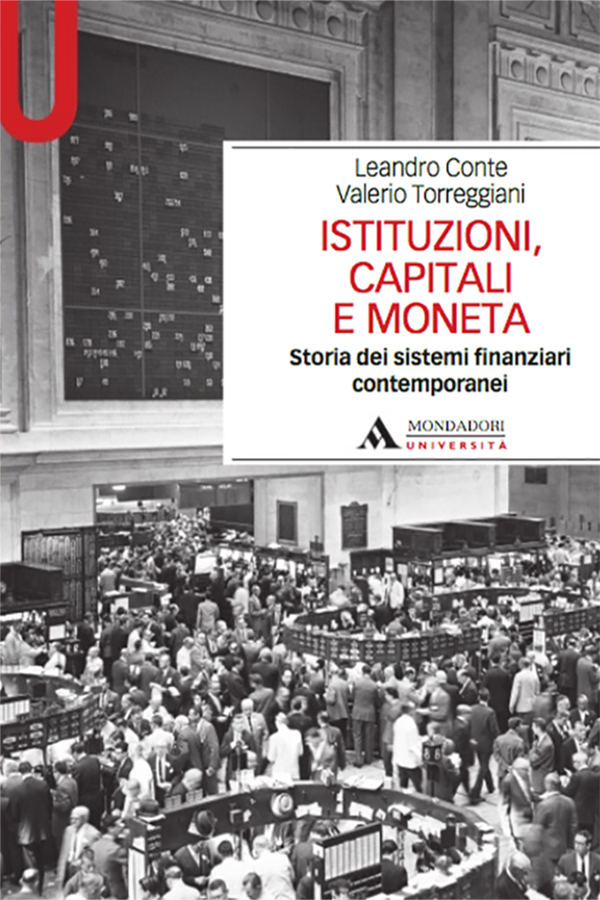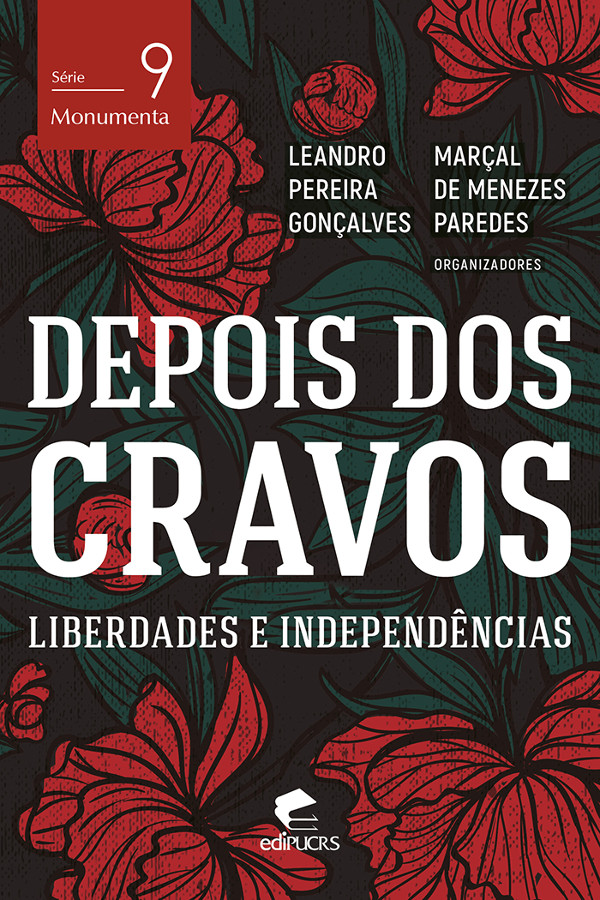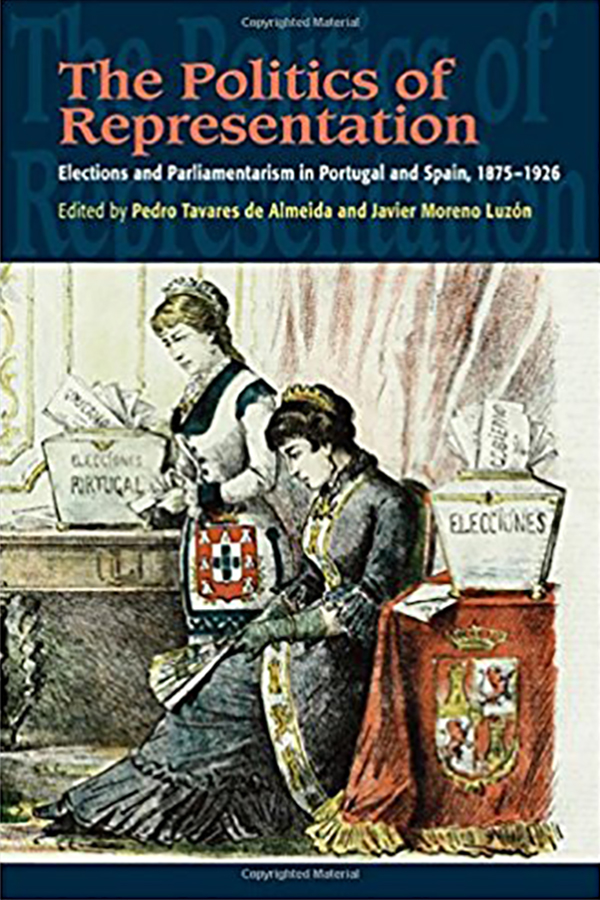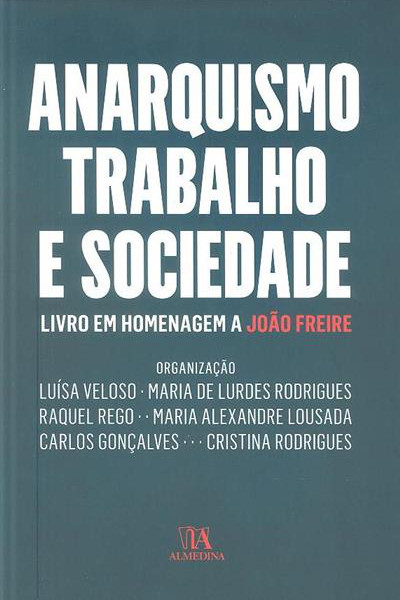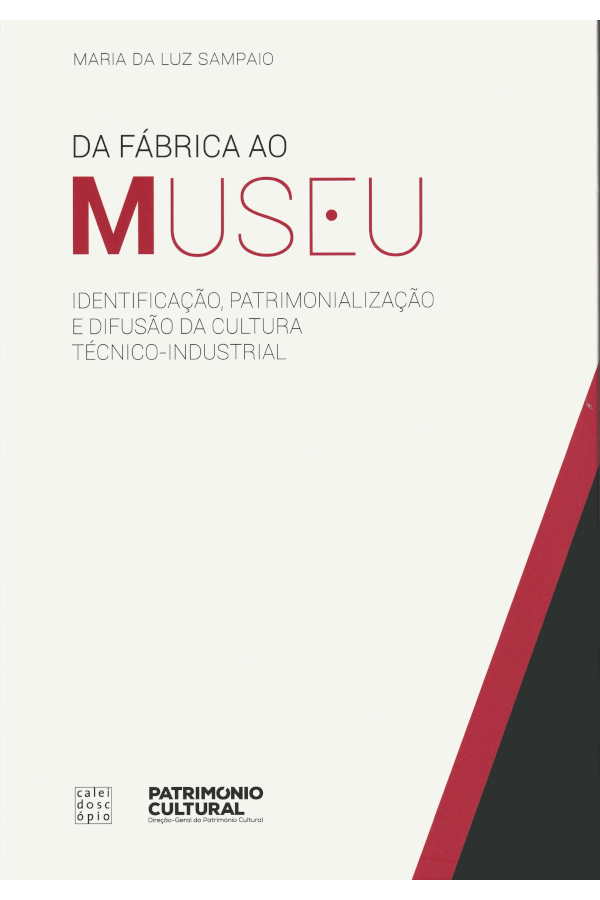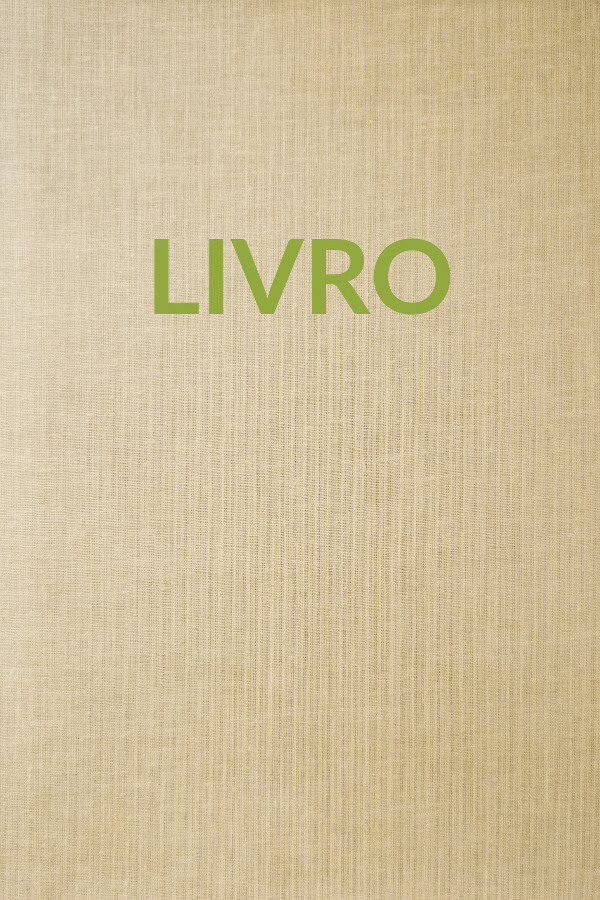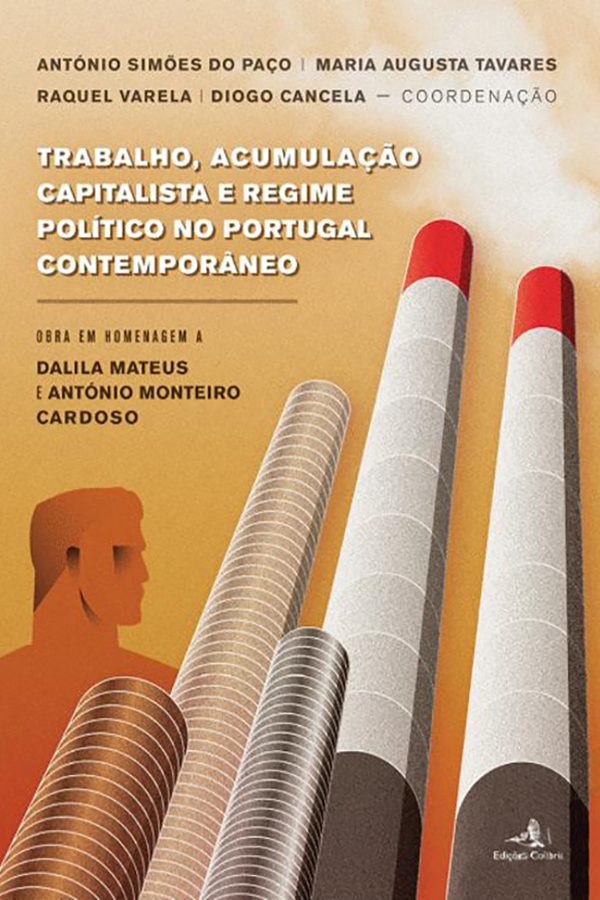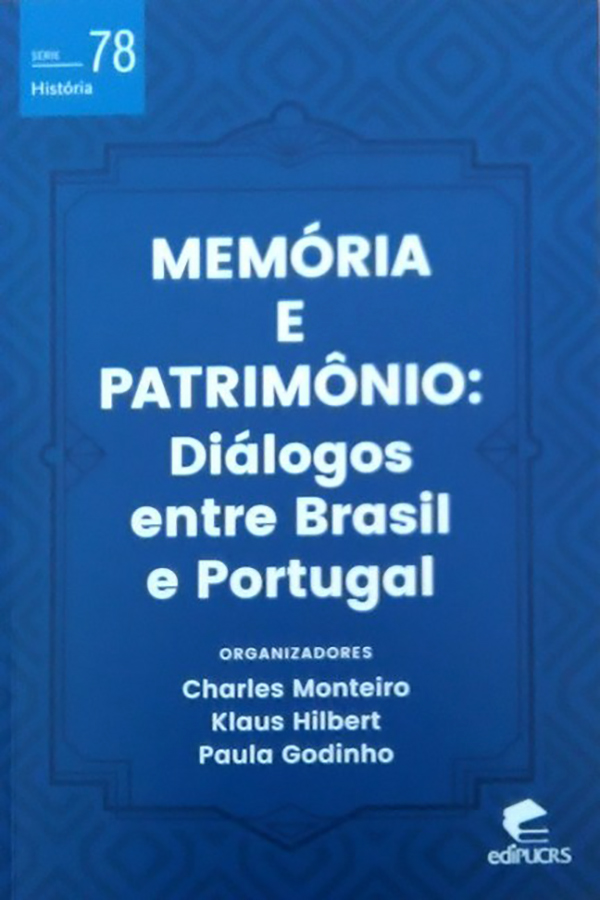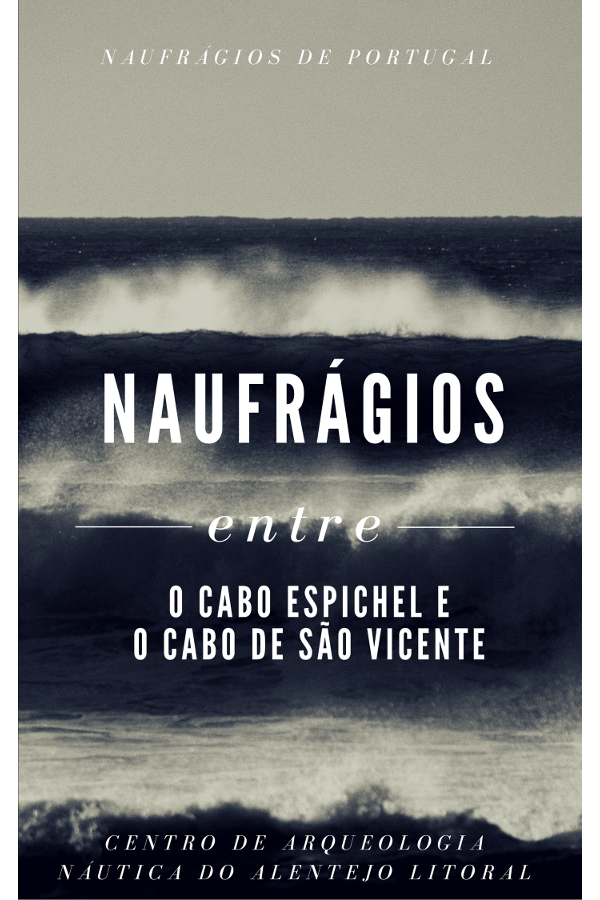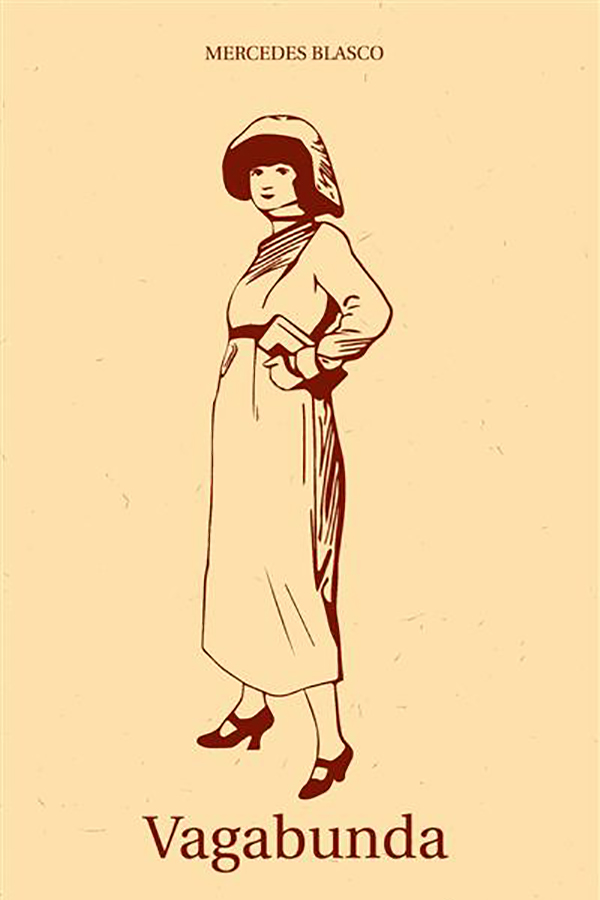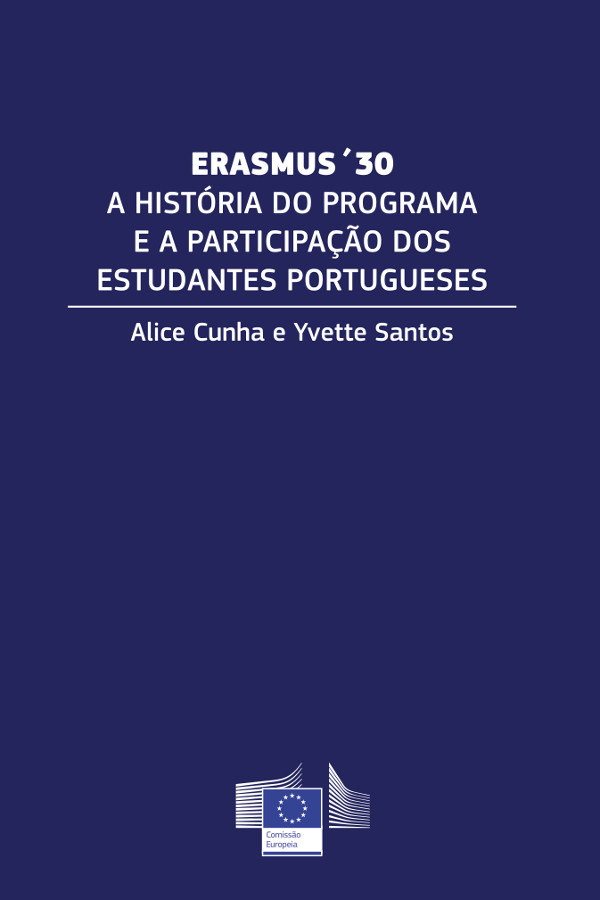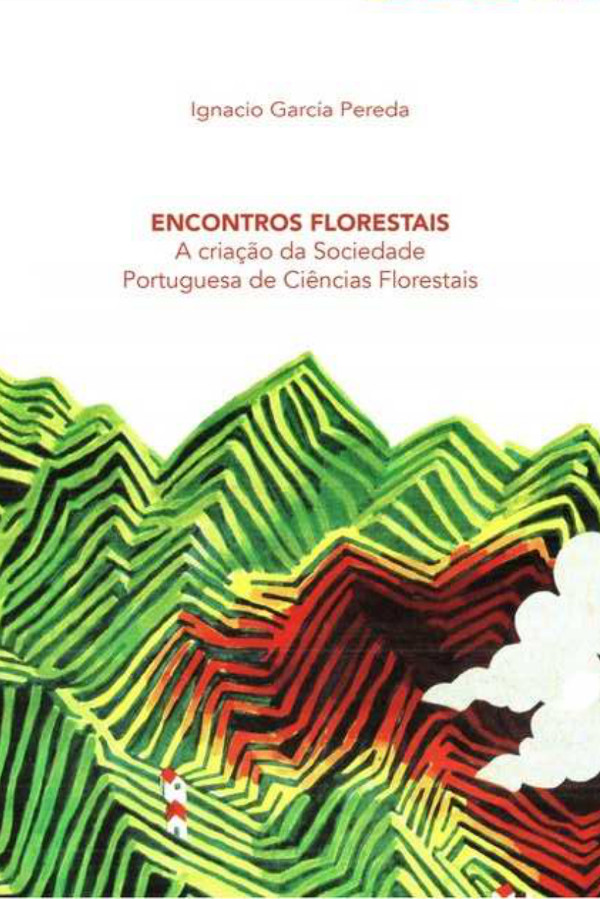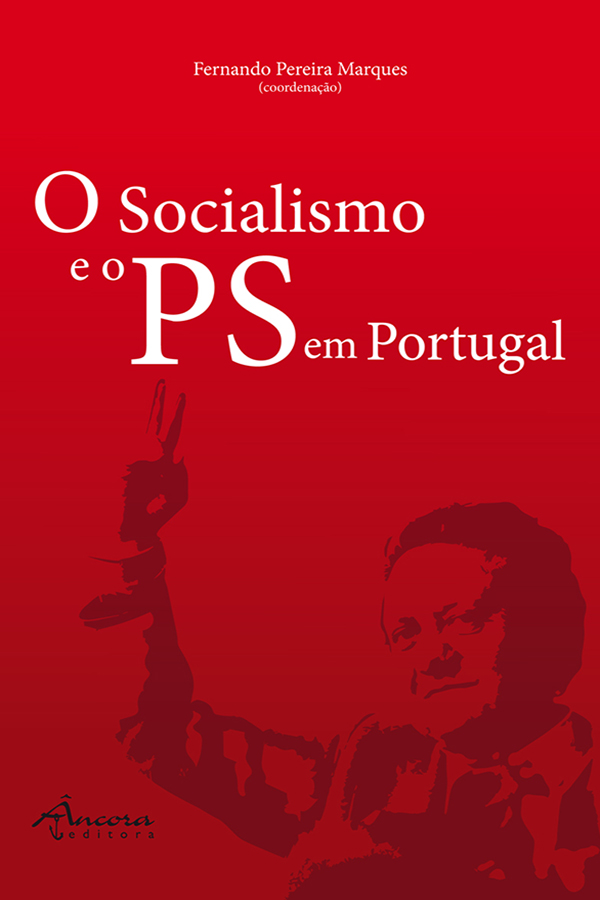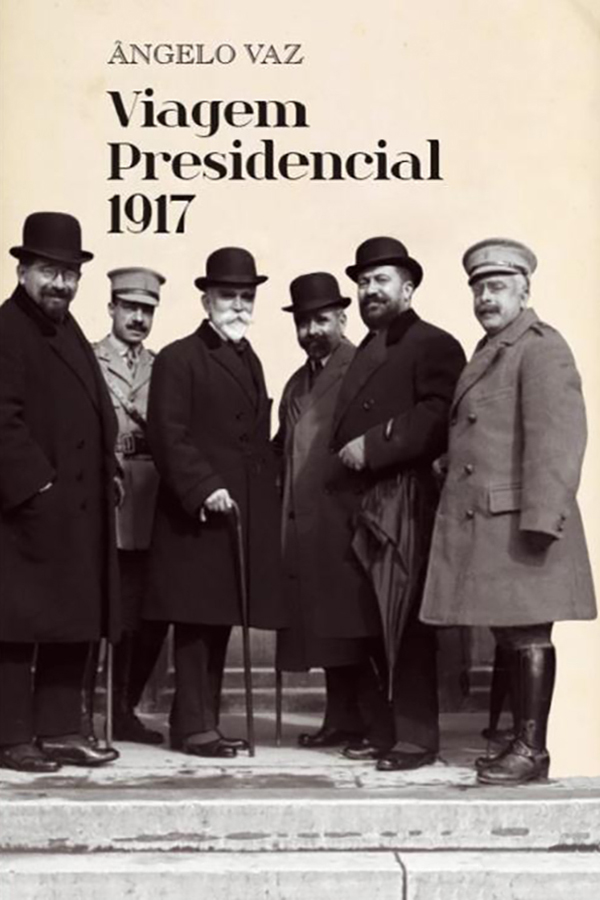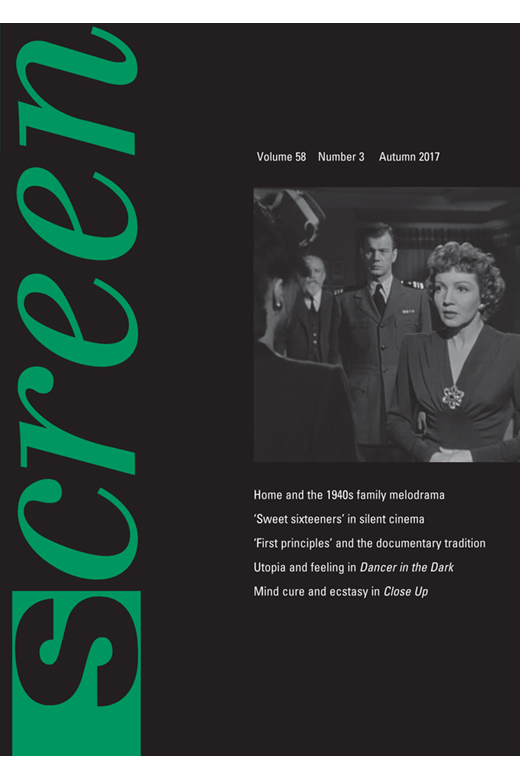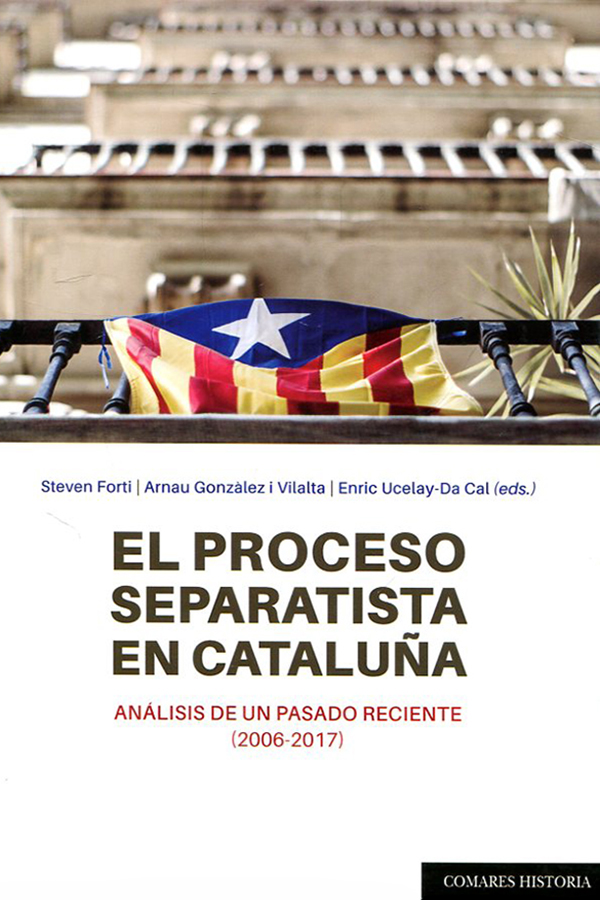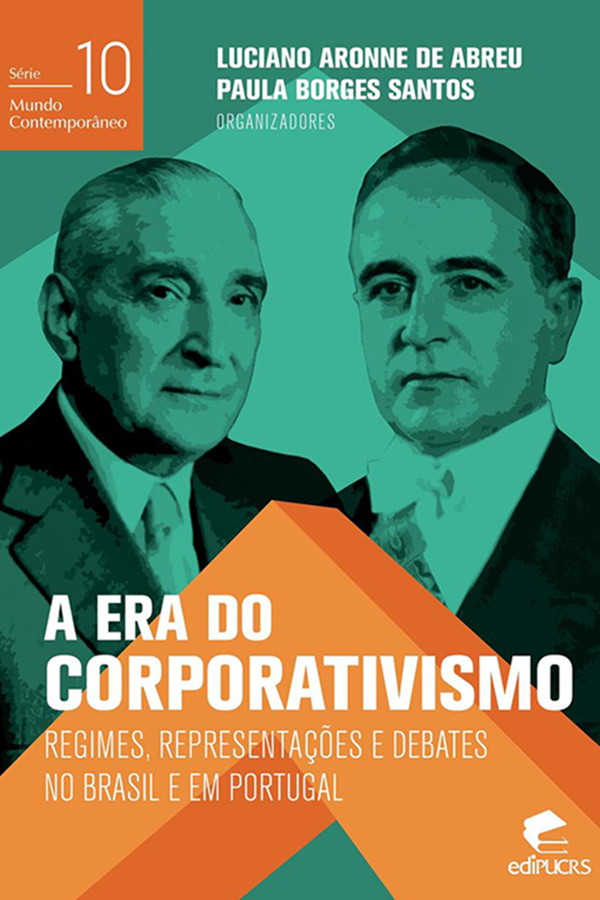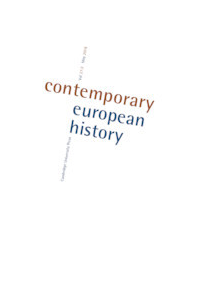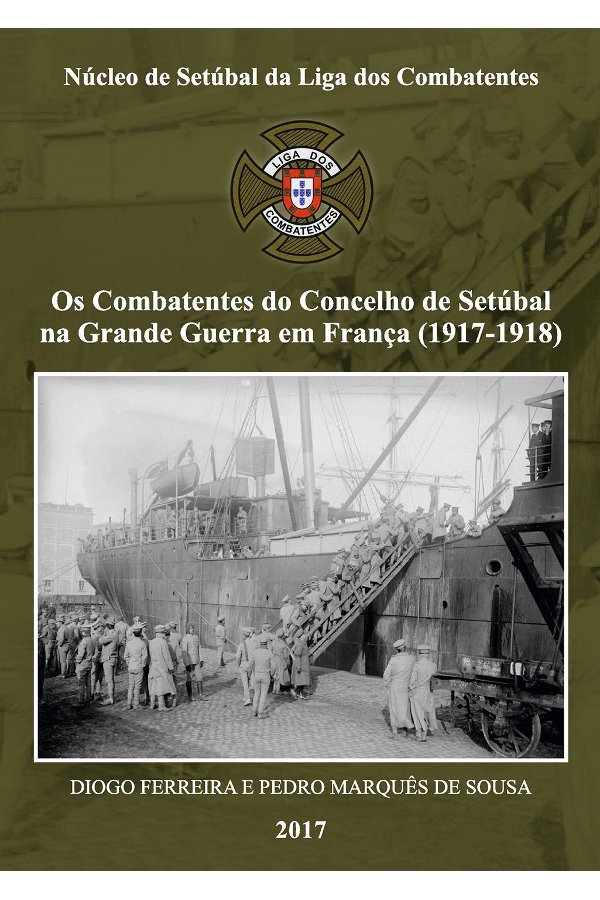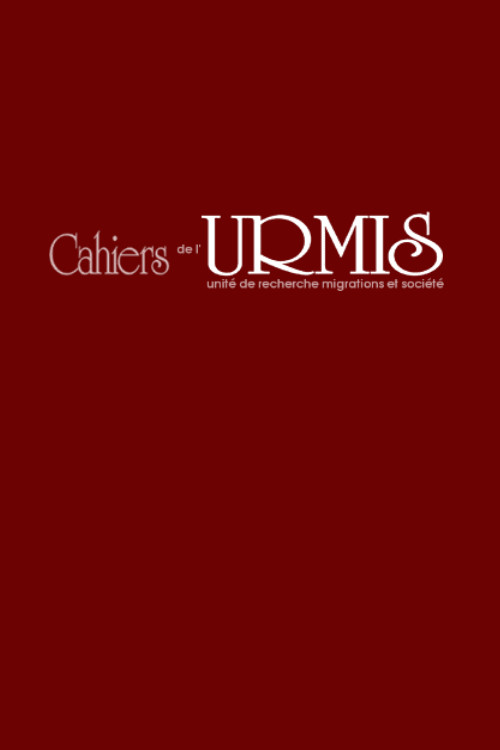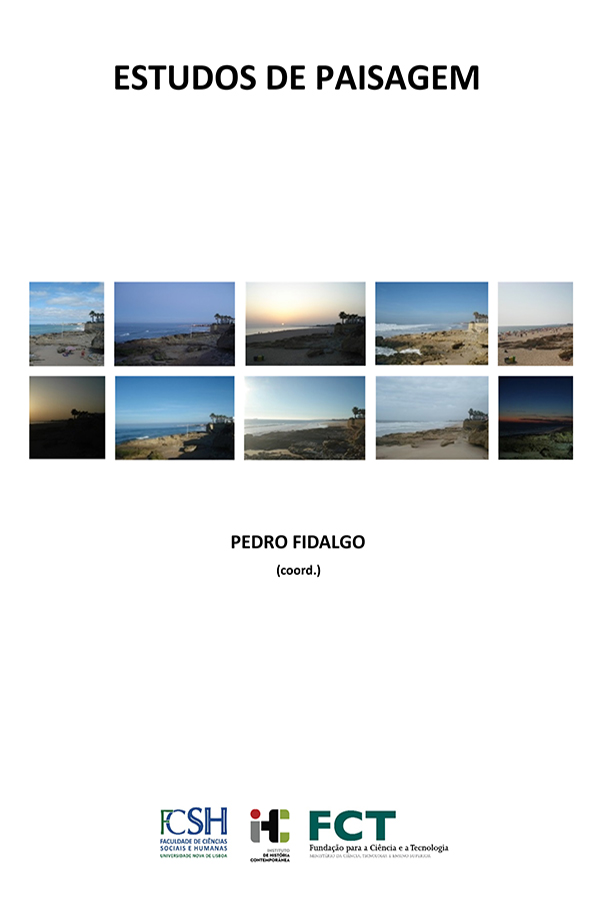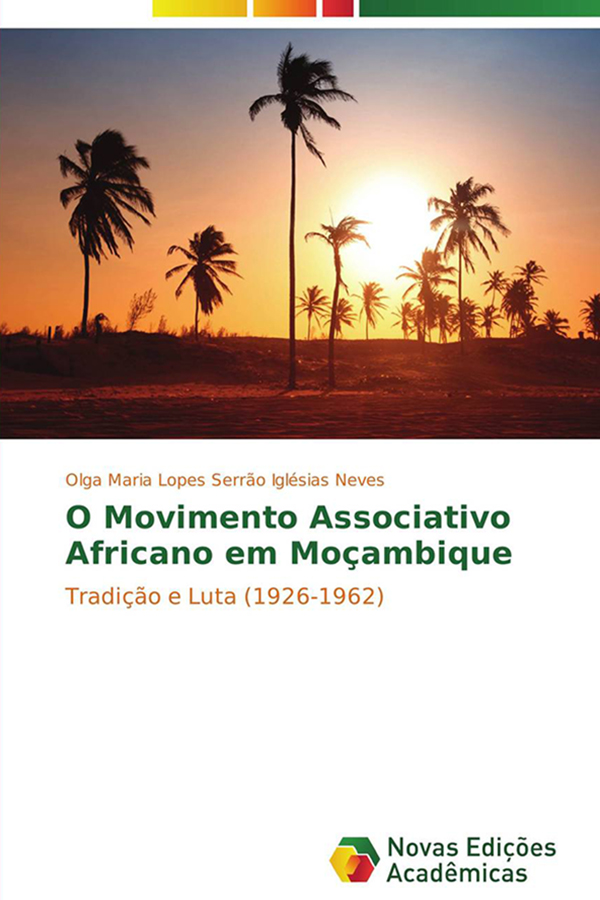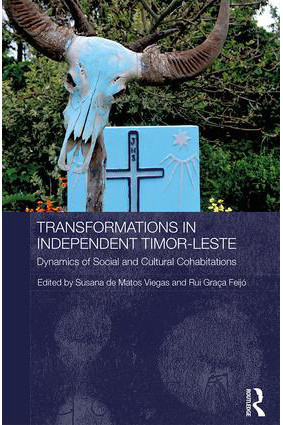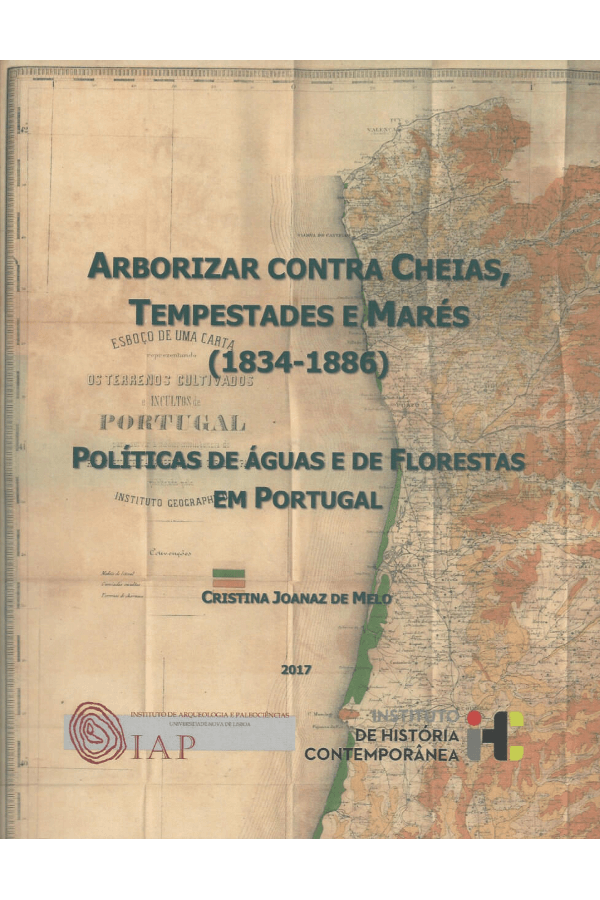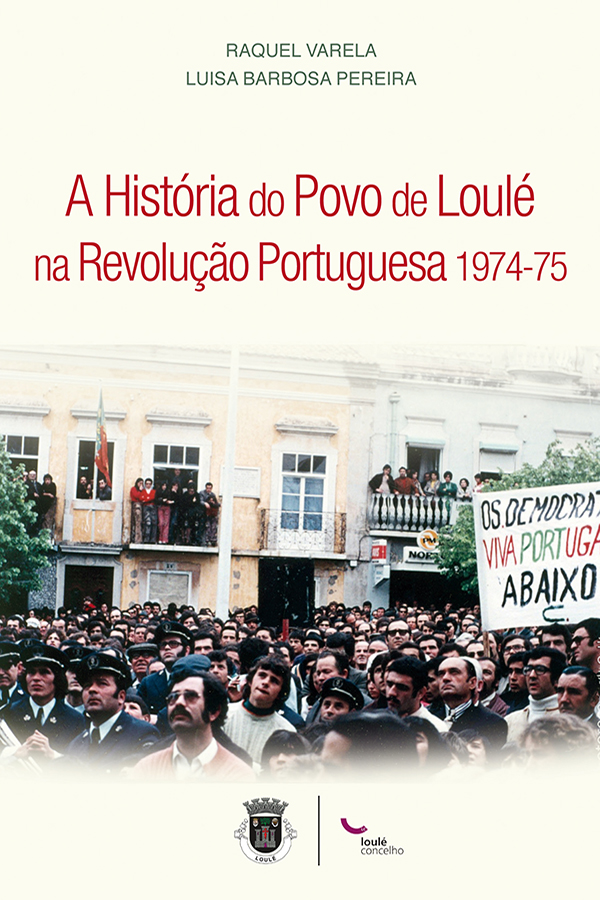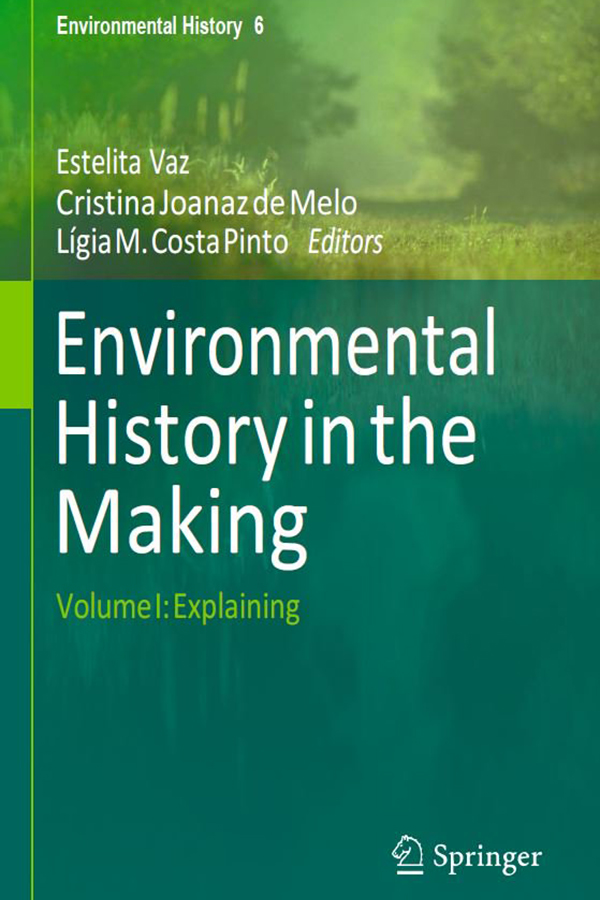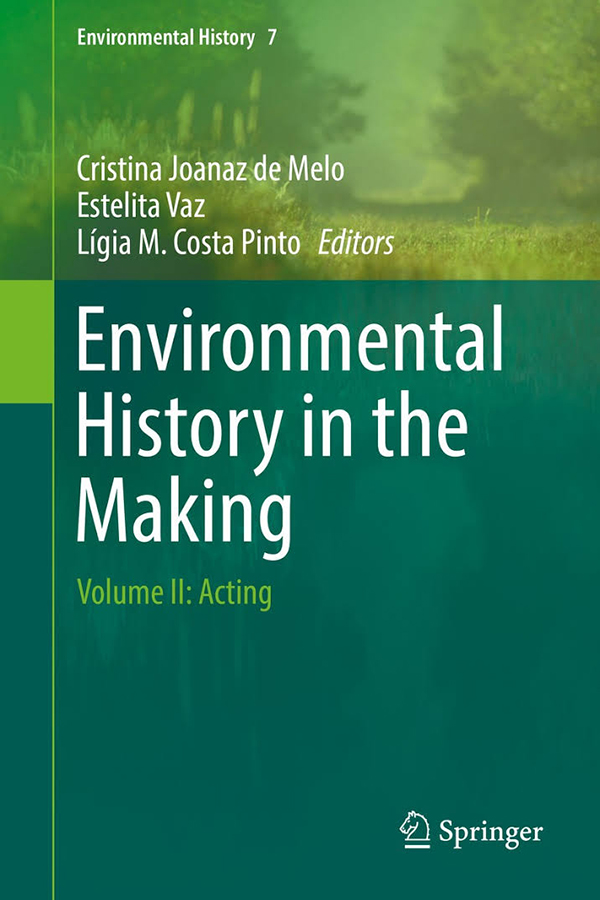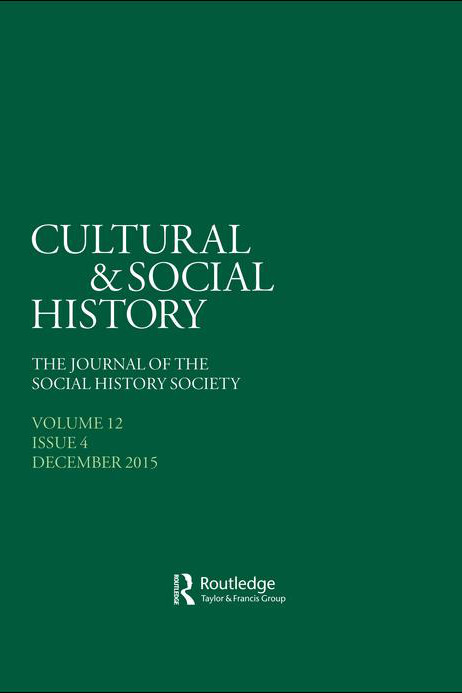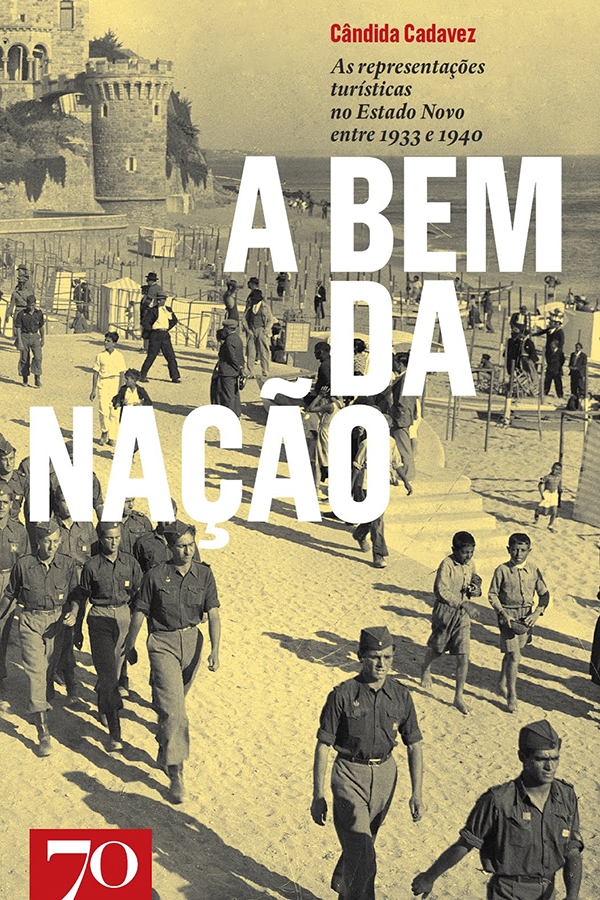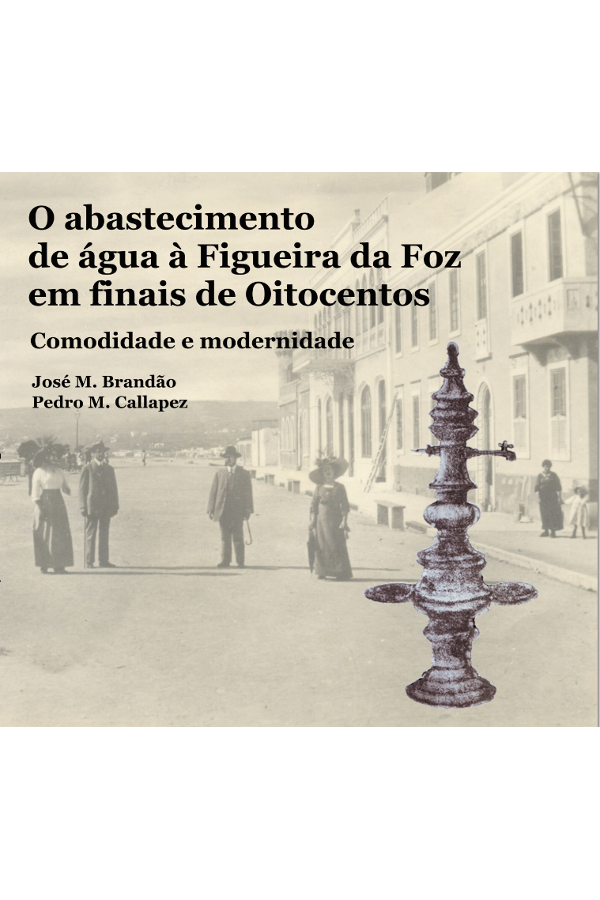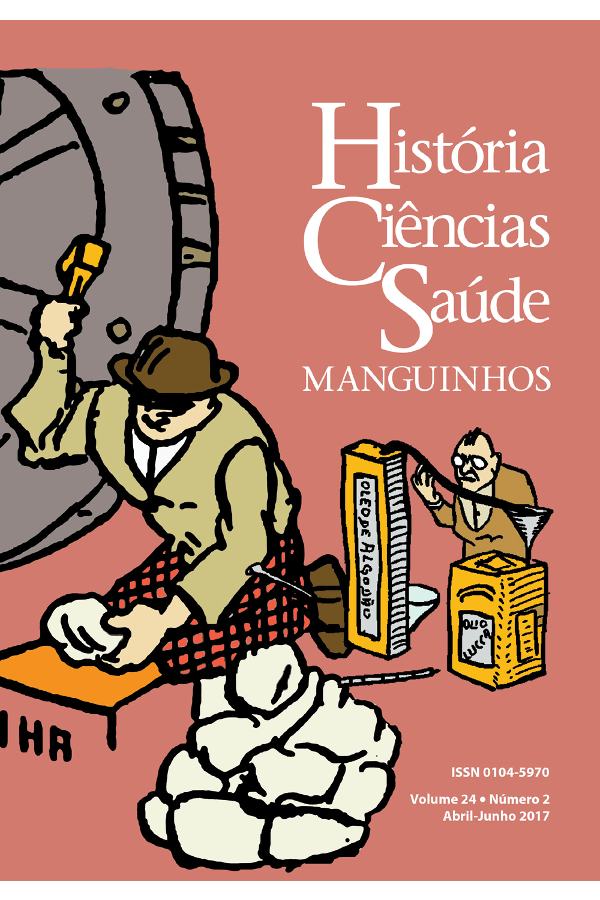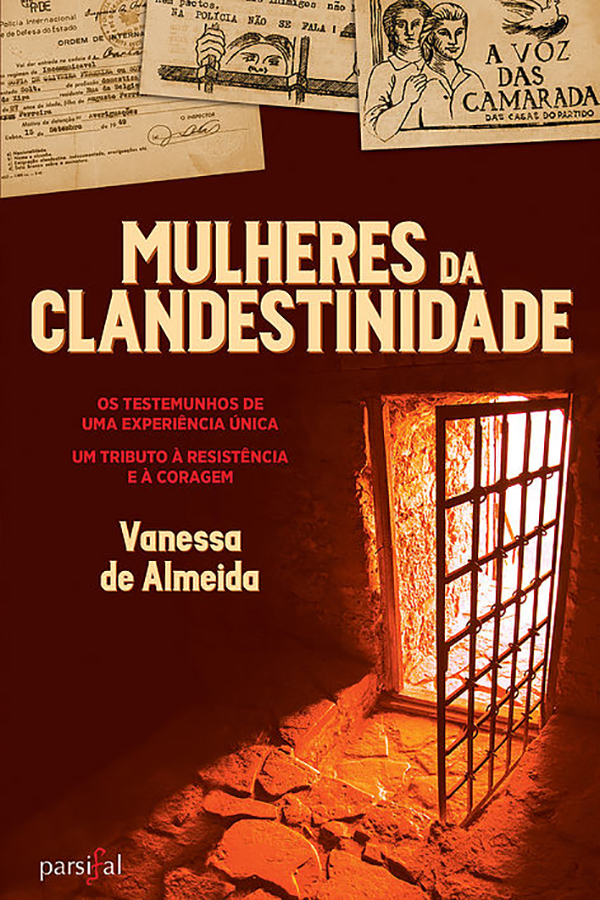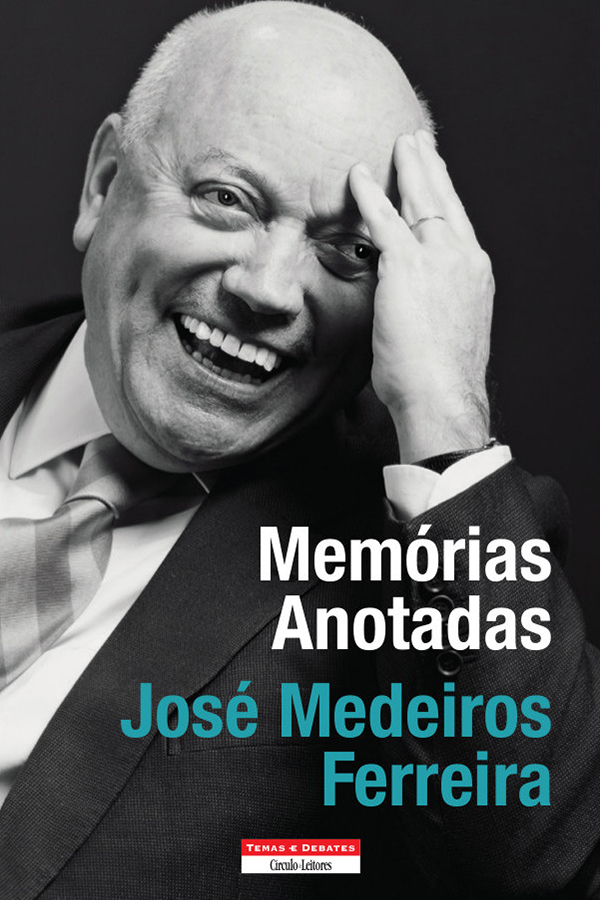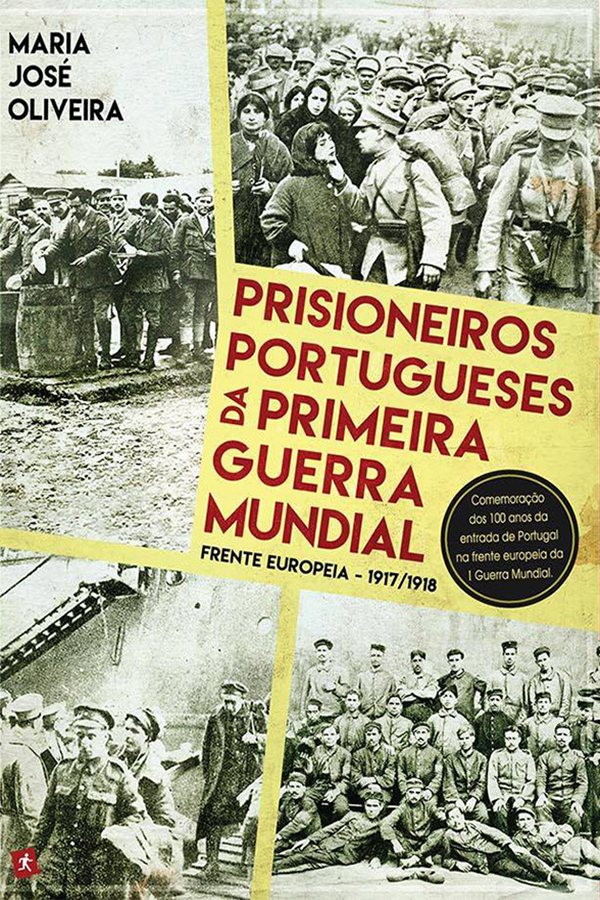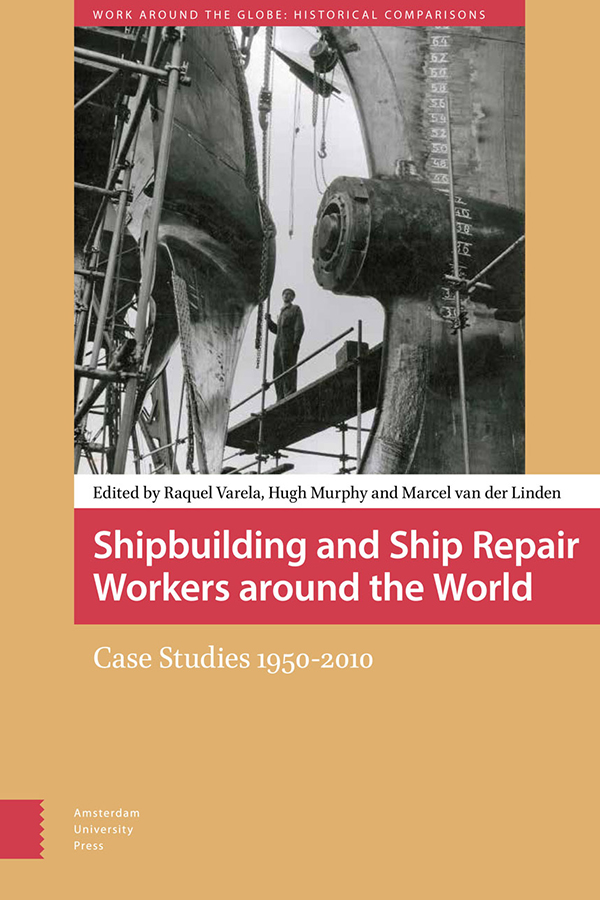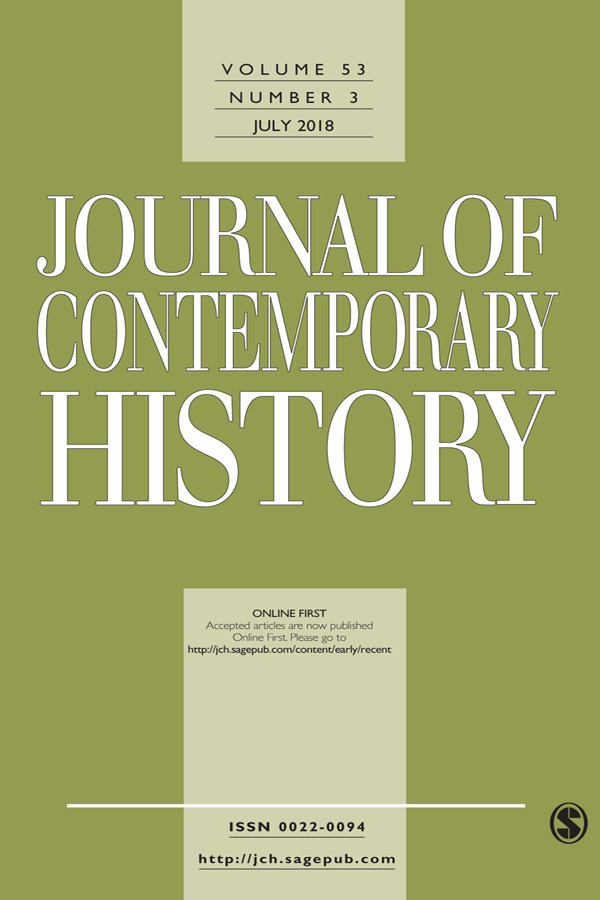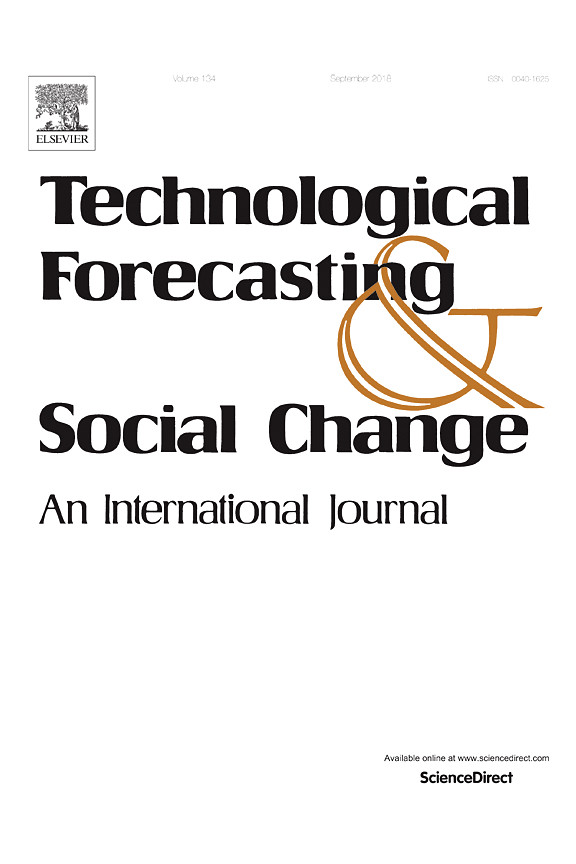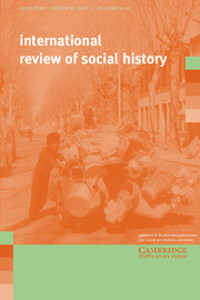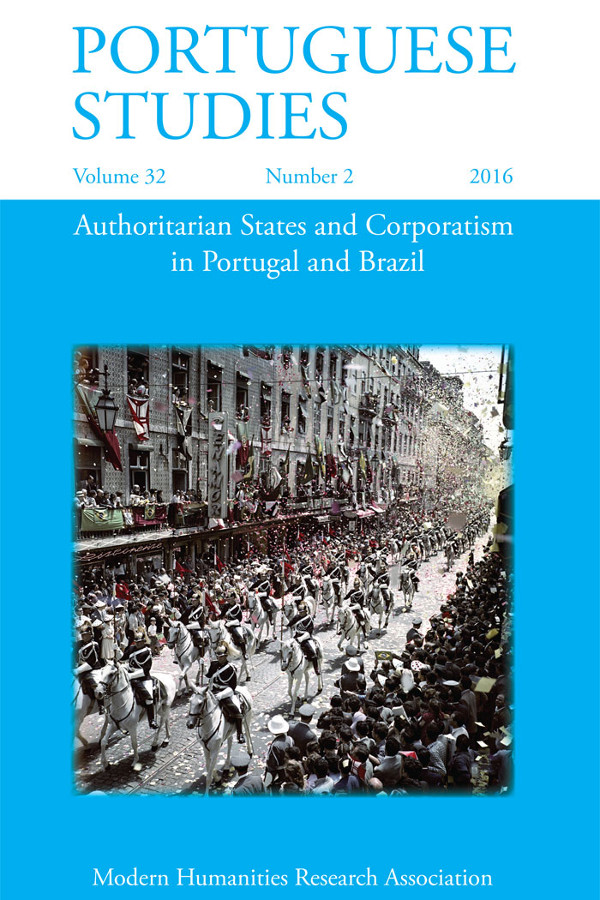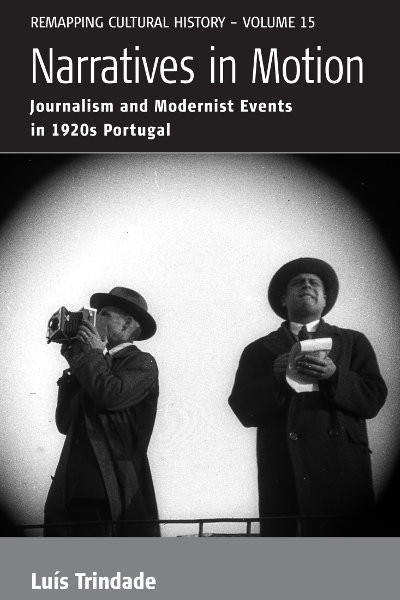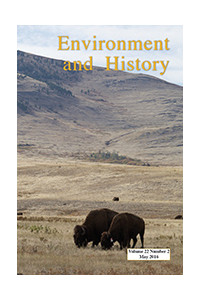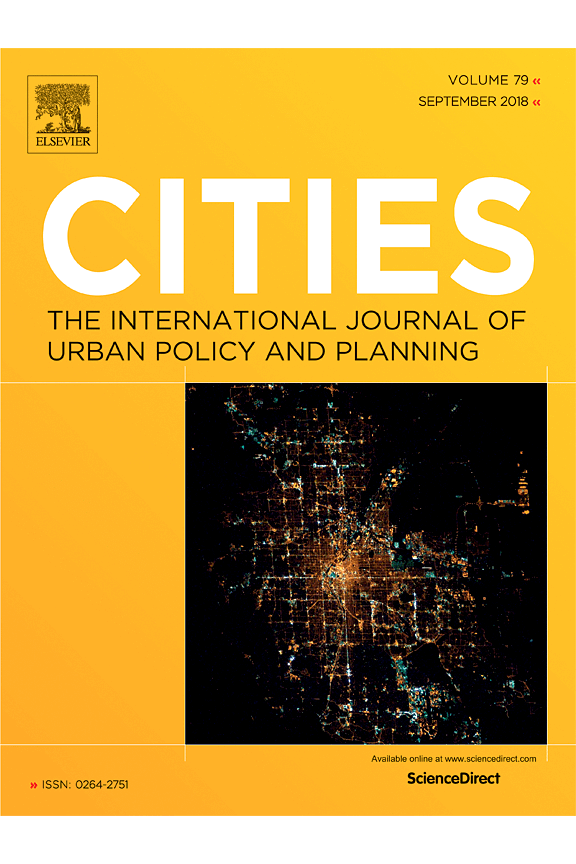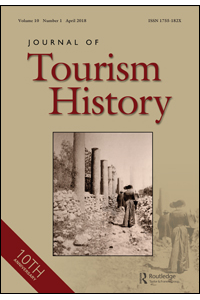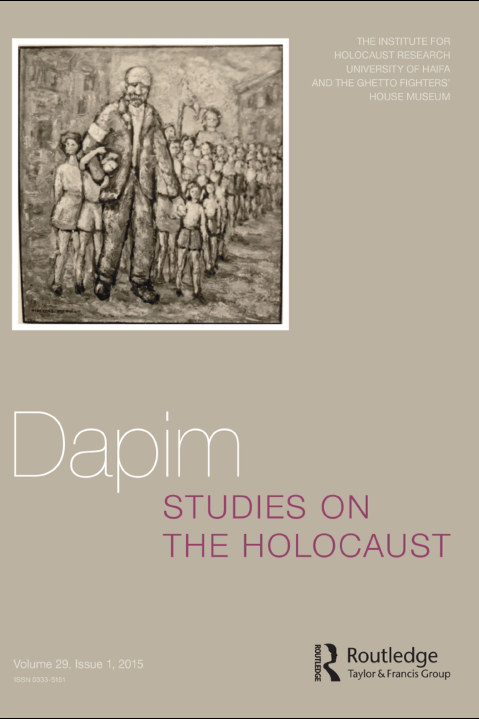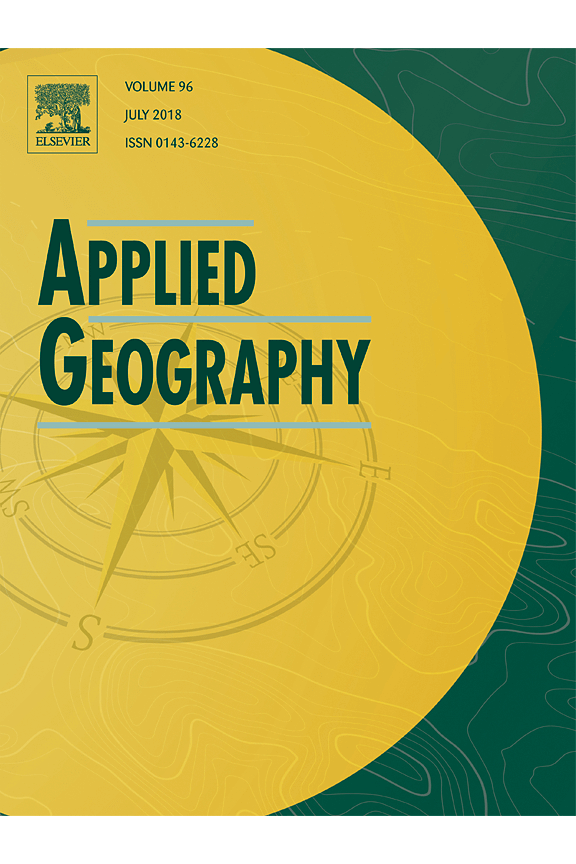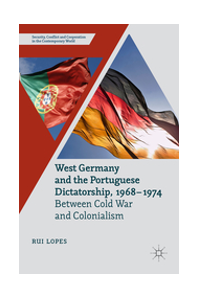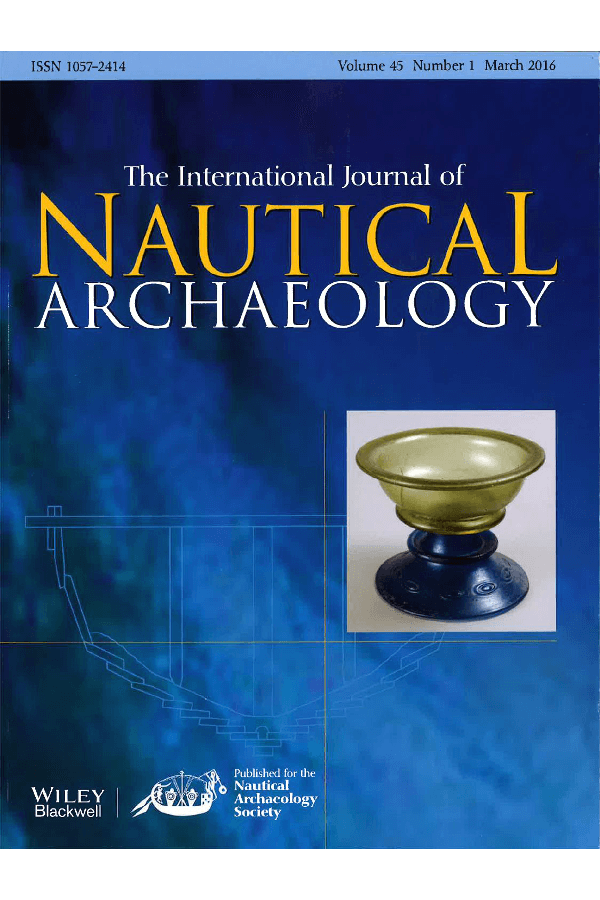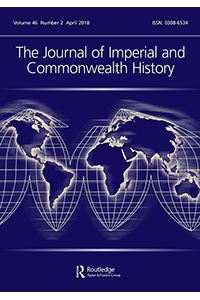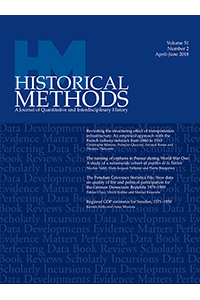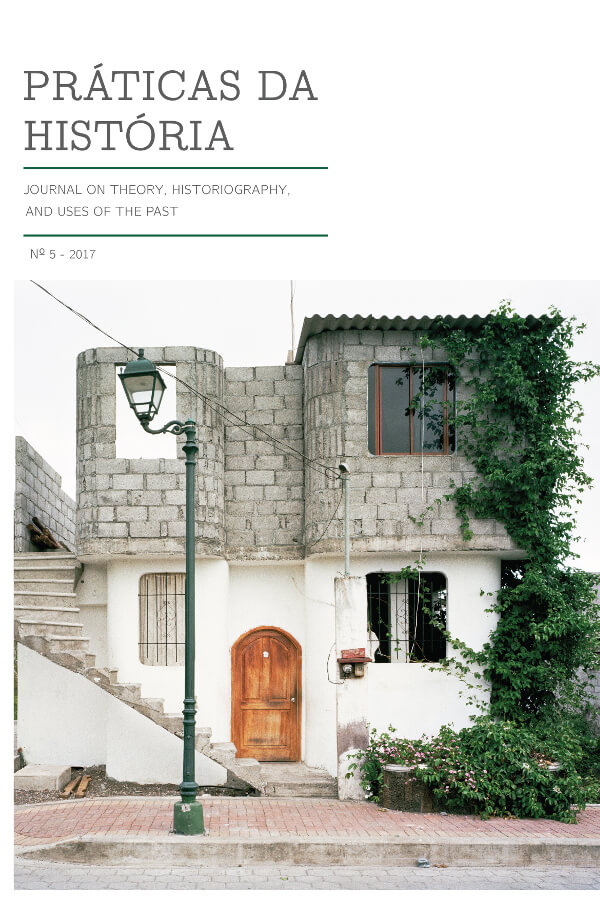
Práticas da História Nº 5
Abr 16, 2018 | 2017, Edições, Revista Práticas da História

Práticas da História – Journal on Theory, Historiography and Uses of the Past
- 2017
- Número 5
- ISSN: 2183-590X
Nota editorial:
Na senda do que têm vindo a ser as principais linhas temáticas em torno das quais se tem desenvolvido este projeto, a Práticas da História 5 procura dialogar com um conjunto diversificado de formas de pensar, construir e representar a história. Os textos apresentados neste número colocam assim, lado a lado, temas menos explorados, como as representações do passado que encontramos diariamente nos ecrãs das nossas televisões e computadores, e a obra de autores “clássicos” no campo da teoria da história.
A secção de artigos inicia-se com um texto de Andrew Elliott, em que se argumenta que a possibilidade de “simulação” inerente aos videojogos significa que estes não só incorporam narrativas históricas pré-existentes como podem, também, configurar formas de estimular e questionar visões do tempo e do passado. Segue-se um artigo de Riccardo Facchini que, na sequência dos textos anteriormente publicados na revista sobre o tema do medievalismo, procura refletir sobre as representações do período medieval na série televisiva Guerra dos Tronos, relacionando a ideia de “realismo” e a vontade de superar uma visão romântica da Idade Média com a construção de um olhar pós-moderno sobre este período. O terceiro artigo, da autoria de Víctor Barros, analisa as conexões entre historiografia e políticas de memória na construção de uma história oficial da “descoberta” do arquipélago de Cabo Verde. A secção encerra com um texto de Maria João Cantinho sobre a obra de Walter Benjamin e a sua busca de uma conceção de história alternativa às teorias do progresso, marcada pela ideia de descontinuidade.
Neste número publicamos ainda um ensaio de Sanjay Seth, no qual este historiador lança um olhar pós-colonial em torno dos recentes esforços da teoria política comparada para superar os limites do eurocentrismo vigente nas ciências sociais e humanas. Discutindo os méritos e limitações desses esforços, o ensaio de Seth participa de um debate mais amplo em torno da descolonização do conhecimento, tarefa que, na sua perspetiva, não se pode circunscrever à integração no cânone de quem dele veio sendo excluído, devendo igualmente questionar a universalidade dos pressupostos antropológicos em que tais ciências se têm vindo a fundar.
Na secção de entrevistas, excecionalmente, publicamos duas conversas. A respeito do trabalho que tem vindo a desenvolver em torno das relações entre História e Filosofia, e muito em particular no modo como as duas tradições disciplinares se interrogam no trajeto de Michel Foucault, conversamos com Judith Revel. Esta entrevista, realizada por Elisa Lopes da Silva, traz luz sobre debates estruturantes do campo intelectual francês nas últimas décadas e convida à revalorização da questão da descontinuidade em história, ou da história como descontinuidade, e dos desafios a um tempo metodológicos e teóricos que tal levanta.
A Práticas da História 5 debruça-se também sobre o trajeto singular de Yuri Slezkine, que, a partir de Berkeley, tem vindo a produzir uma das mais importantes obras sobre a história do comunismo soviético. Na conversa que com ele tivemos, conduzida por José Neves, discutimos os principais desenvolvimentos nesse campo de estudos, em particular no contexto académico anglo-saxónico, sinalizando aproximações e distâncias entre perspetivas revisionistas como as de Sheila Fitzpatrick e contributos como os de Stephen Kotkin ou do próprio Slezkine. A entrevista é ainda uma oportunidade para olharmos para a história de algumas práticas disciplinares das ciências sociais e humanas em contexto soviético, nomeadamente a antropologia, na sua relação com os processos de construção étnica e nacional.
Em continuidade temática, na secção de recensões, Rui Lopes escreve sobre um recente volume colectivo em torno da representação e memória da Guerra Fria, The Cold War. Historiography, Memory, Representation, coordenado por Konrad H. Jarausch, Christian F. Ostermann e Andreas Etges.
José Ferreira (ICS – ULisboa), José Neves (IHC – NOVA FCSH) e Pedro Martins (IHC – NOVA FCSH)
Outras Publicações
Pesquisa
Agenda
fevereiro, 2026
Tipologia do Evento:
Todos
Todos
Apresentação
Ciclo
Colóquio
Conferência
Congresso
Curso
Debate
Encontro
Exposição
Inauguração
Jornadas
Lançamento
Mesa-redonda
Mostra
Open calls
Outros
Palestra
Roteiro
Seminário
Sessão de cinema
Simpósio
Workshop
- Event Name
seg
ter
qua
qui
sex
sab
dom
-
-
-
-
-
-
1
2
3
4
5
6
7
8
9
10
11
12
13
14
15
16
17
18
19
20
21
22
23
24
25
26
27
28

Detalhes do Evento
Ciclo que se propõe reflectir sobre os múltiplos legados de Frantz Fanon, desde a luta anti-racista aos movimentos de descolonização, passando ainda pela sua actividade como psiquiatra. Frantz Fanon
Ver mais
Detalhes do Evento
Ciclo que se propõe reflectir sobre os múltiplos legados de Frantz Fanon, desde a luta anti-racista aos movimentos de descolonização, passando ainda pela sua actividade como psiquiatra.
Frantz Fanon | Ciclo de Cinema 2026
Dando continuidade à celebração do centenário do nascimento de Frantz Fanon, este ciclo propõe reflectir sobre os seus múltiplos legados, desde a luta anti-racista aos movimentos de descolonização, passando ainda pela sua actividade como psiquiatra – intimamente entrelaçada com as duas outras vertentes. Já na sua primeira obra Pele negra, máscaras brancas (1952), o cinema ocupa um espaço marginal mas não menos decisivo no que diz respeito a questões de representação, tendo um lugar central nas terapias alternativas que Fanon viria a introduzir no Hospital Psiquiátrico de Blida-Joinville, na Argélia, enquanto Médico-chefe de serviço entre 1953 e 1956. A leitura de Fanon revela-se fundamental não só para a compreensão do contexto histórico em que surgiu, com as suas ramificações entre os movimentos de libertação e as causas do chamado Terceiro Mundo nas décadas de 1960 e 1970, mas sobretudo na luta pelos direitos de grupos racializados. Todas estas questões voltam a ecoar no século XXI, quer em movimentos sociais que reivindicam uma cidadania efectivamente igualitária, quer na discussão sobre a urgência da descolonização dos saberes e das instituições. Como ler Fanon, hoje, a partir de Portugal? Qual o papel das instituições e dos diferentes movimentos na sua recepção? Qual a relevância da sua obra para a nossa contemporaneidade, tendo em conta a complexidade das suas diferentes vertentes – anti-colonial, anti-racista, terapêutica – e a reivindicação para se “sair da grande noite” do colonialismo?
À projecção dos filmes segue-se uma conversa com convidados/as e debate.
As sessões 1 a 4 decorrem na Casa do Comum; a sessão 5 decorre no Cinema Fernando Lopes.
Os filmes são legendados em inglês.
Organização: Manuela Ribeiro Sanches, Miguel Ribeiro e Sofia Victorino, com o IHC —NOVA FCSH
>> Descarregar o programa do ciclo (PDF) <<
Sessão 5 | Sábado, 14 Fevereiro, 16:00
You hide me, Nii Kwate Owoo, Gana, Reino Unido, 1970, 17’
Esta curta-metragem revela de forma crua e directa as contradições de um sistema museológico que legitima séculos de violência colonial. A câmara percorre vitrinas, depósitos e corredores dos acervos do Museu Britânico em Londres, transformando o inventário em denúncia: cada objecto exposto é também um testemunho das condições em que foi retirado do seu contexto original. O gesto do realizador, simples mas radical, assume-se como um show-and-tell político, convocando tanto a urgência da restituição material quanto a necessidade de repensar narrativas históricas dominantes. Proibido em território ganês mas hoje visto como um marco do cinema anti-colonial, este filme recorda-nos que a luta pela devolução do património não é apenas simbólica, mas profundamente ligada a questões de justiça histórica.
Soleil Ô, Med Hondo, 1970, França, Mauritania, 112’
Um grito de resistência contra a opressão racista e um marco revolucionário do cinema político, esta primeira longa-metragem do realizador mauritano Med Hondo constitui um ataque ao capitalismo e ao colonialismo. Soleil Ô acompanha a trajectória de um jovem imigrante que parte rumo a Paris em busca de trabalho e de uma comunidade. Rapidamente descobre uma sociedade hostil, onde a sua simples presença gera medo e desconfiança. Hondo recorre a uma linguagem cinematográfica experimental para denunciar as contradições da metrópole pós-colonial: a promessa de integração convive com mecanismos de exclusão sistemática. O filme não só denuncia as condições de marginalização vividas por milhares de migrantes africanos em França, como se afirma como um manifesto artístico de emancipação e resistência. Meio século depois da sua estreia, Soleil Ô permanece uma obra de referência incontornável, cuja energia estética e política continua a interpelar espectadores de diferentes gerações.
Conversa com Ângela Ferreira, Flávio Almada, Henrique Entratice, Víctor Barros. Moderação de Sofia Victorino
Fotografia: Frantz Fanon numa conferência de imprensa durante um congresso de escritores em Tunes, 1959 (Frantz Fanon Archives / IMEC)
Tempo
(Sábado) 4:00 pm - 6:30 pm
Organizador
Instituto de História Contemporânea — Faculdade de Ciências Sociais e Humanas da Universidade NOVA de Lisboa e Cinema Fernando Lopes
Notícias
Víctor Barros e Pedro Cardim coordenam programa ‘Crioulidades e o Atlântico’
Fev 6, 2026
Candidaturas a decorrer até ao dia 16 de Fevereiro
Ana Cristina Martins na Academia Internacional da Cultura Portuguesa
Jan 26, 2026
Vai tomar posse como como Académica de Número
Proença-a-Nova é o primeiro parceiro do programa ‘O Governo de Todos Nós’
Jan 23, 2026
A cidade beirã aderiu ao desafio lançado pelo IHC em Novembro do ano passado

































